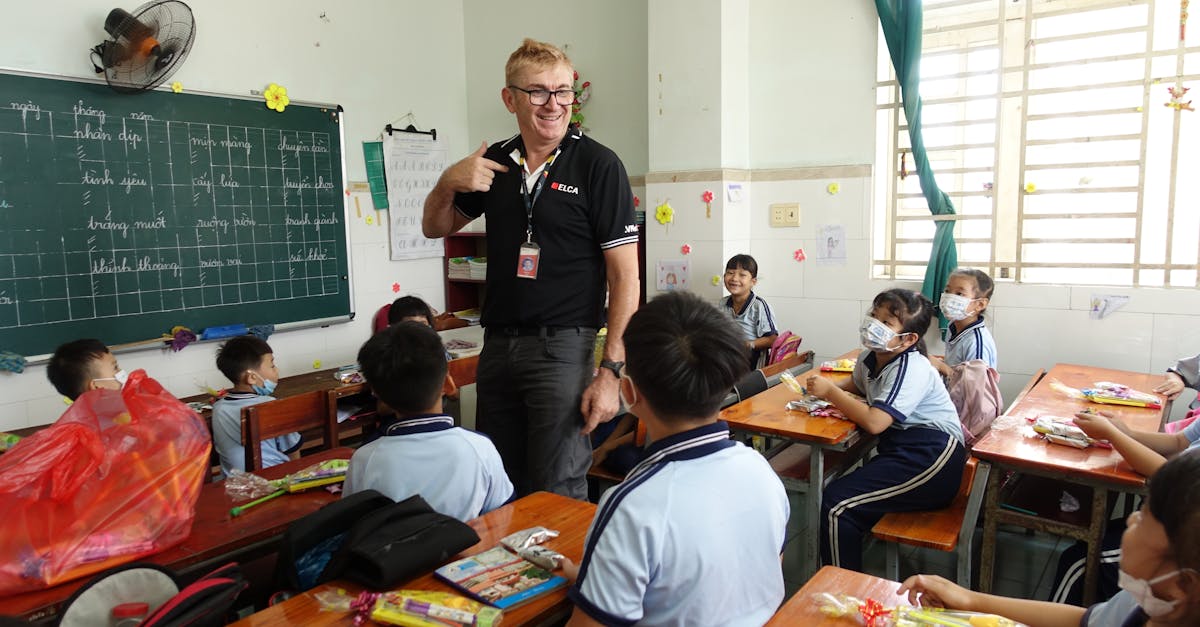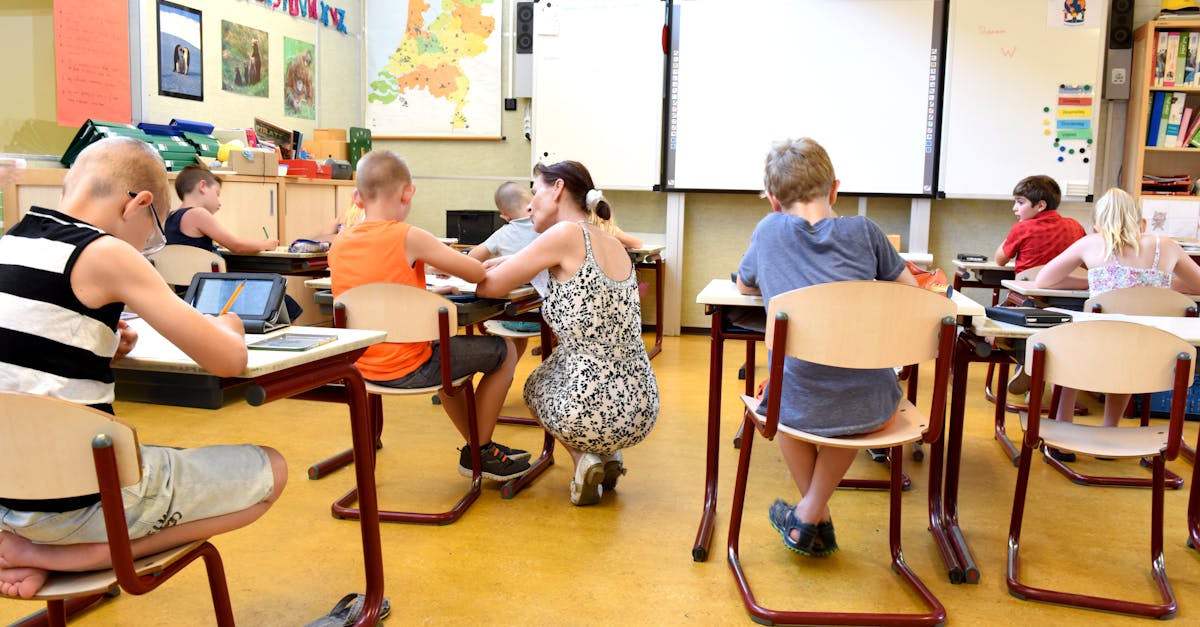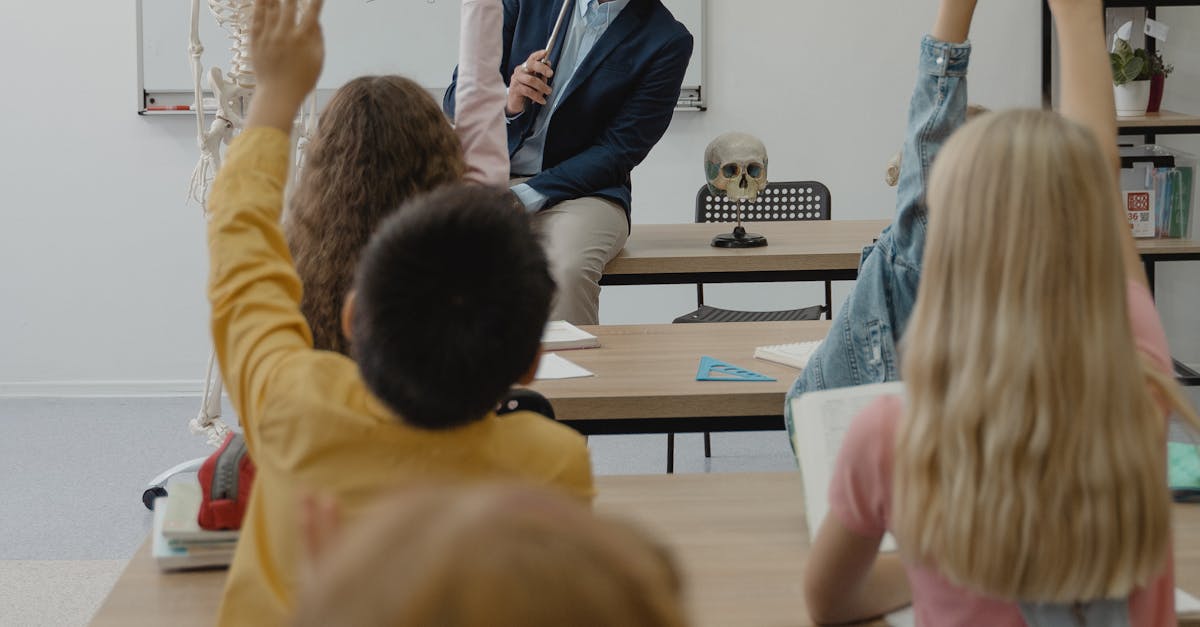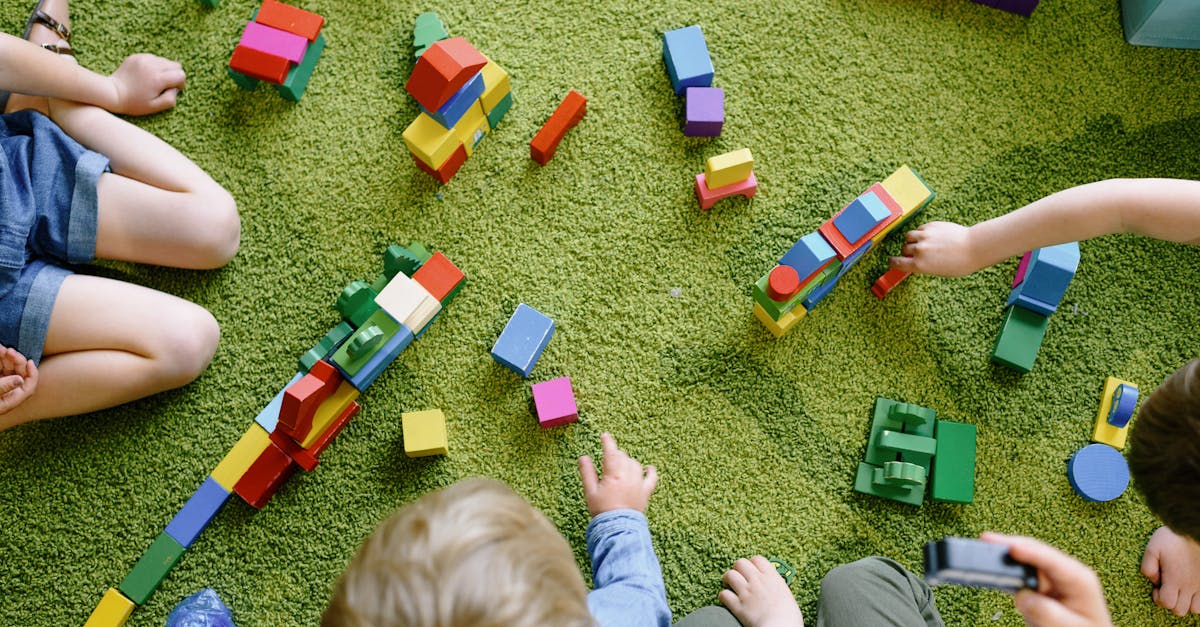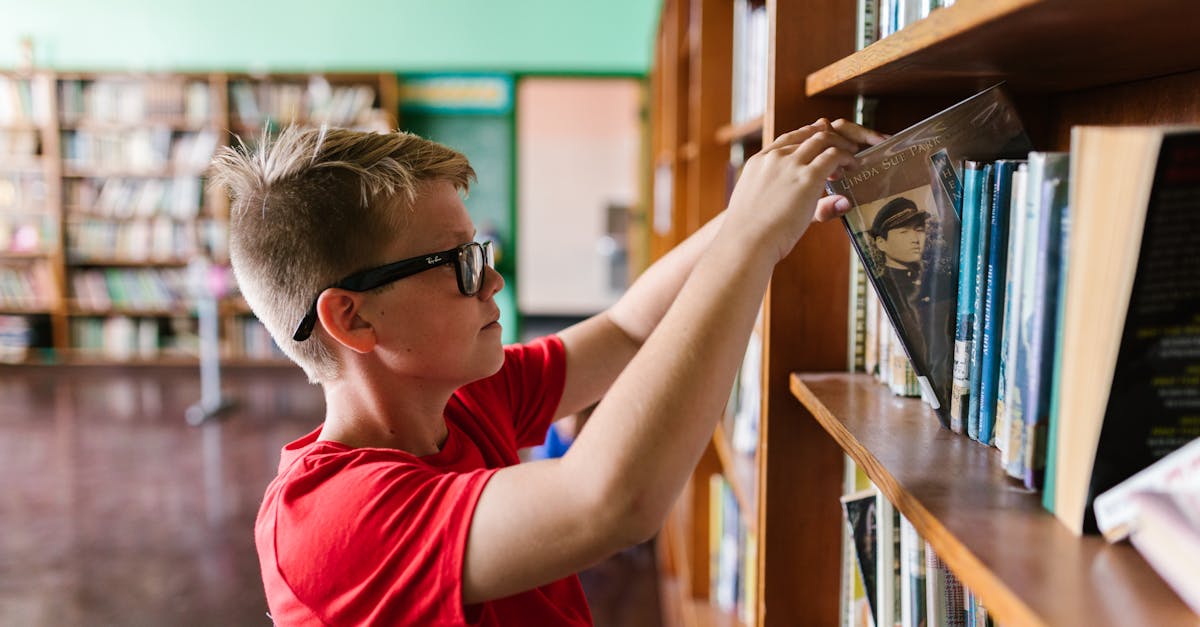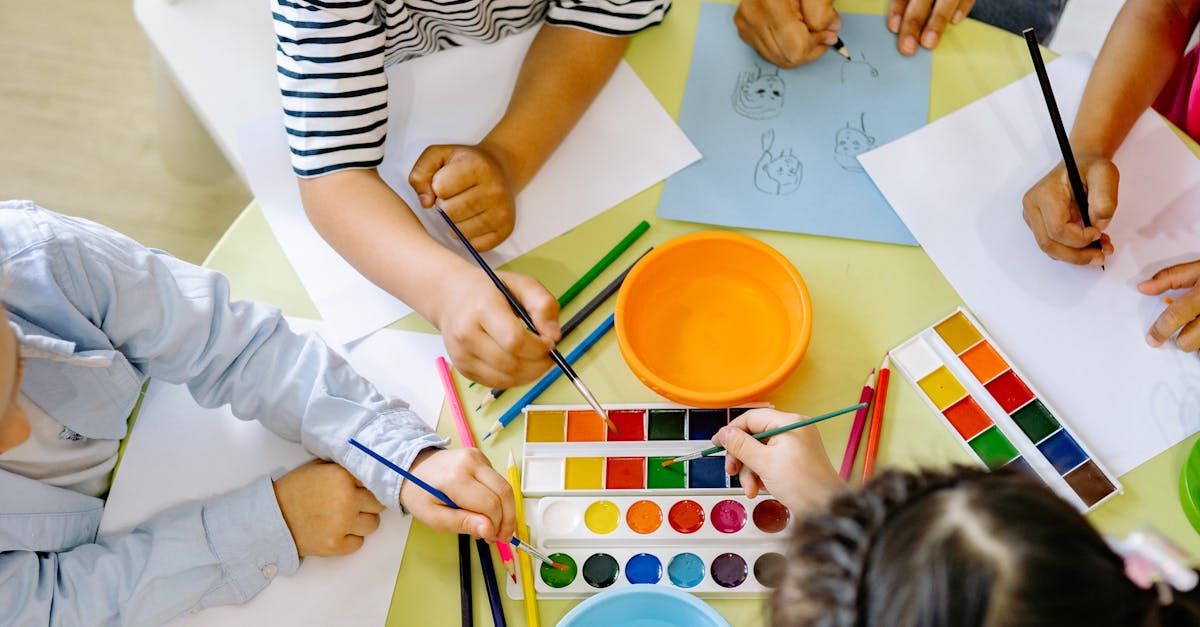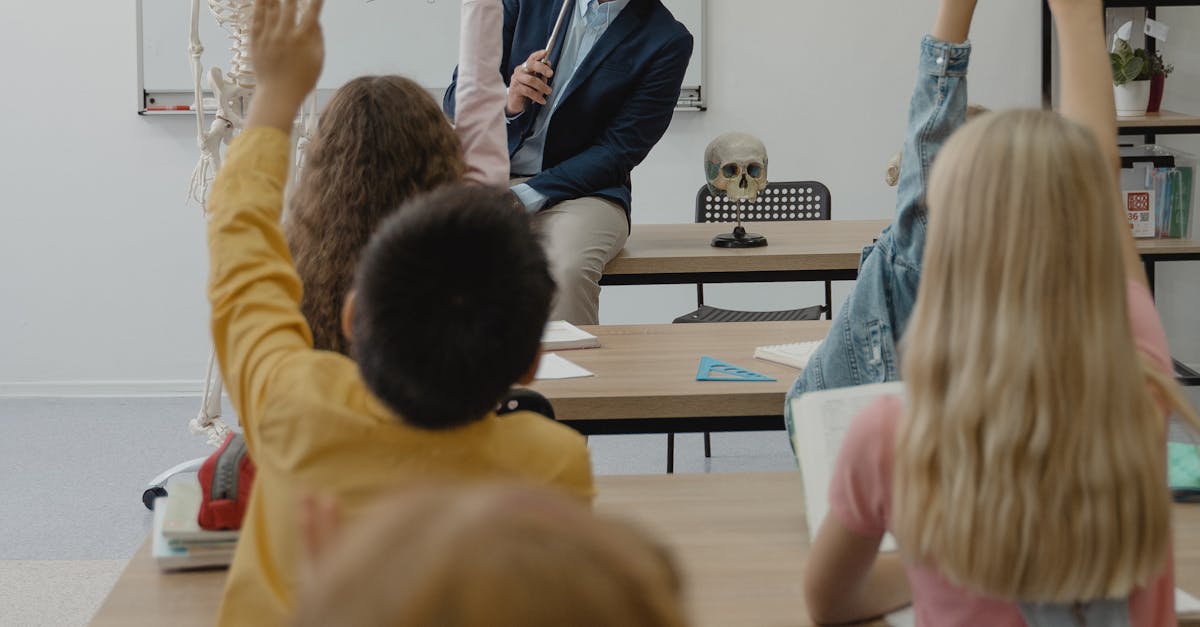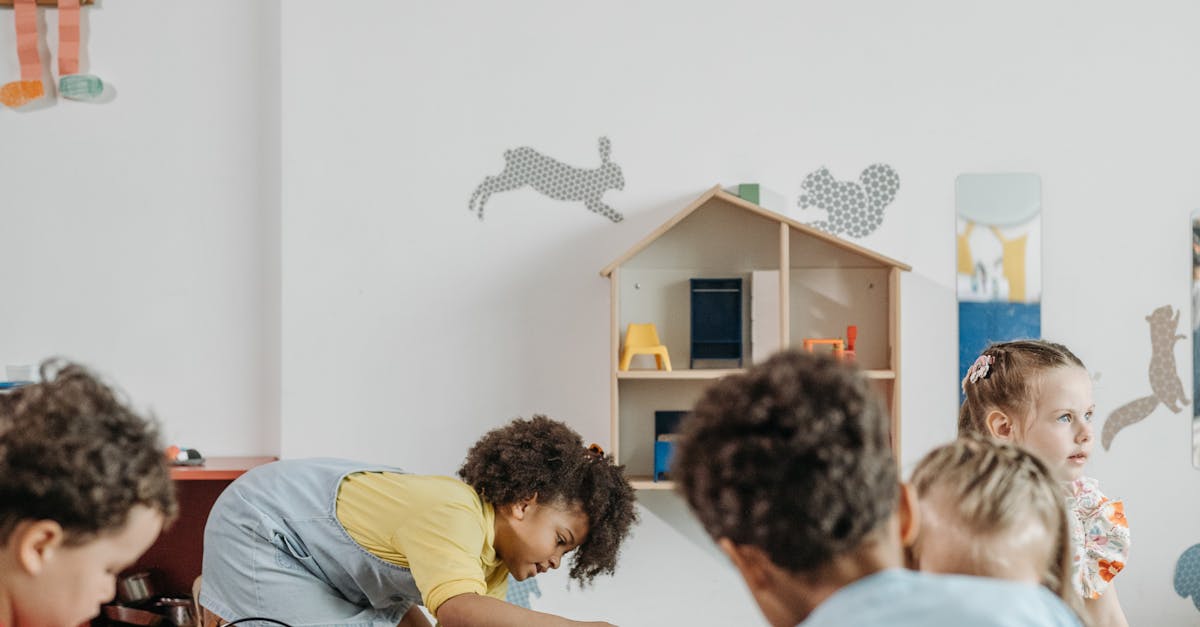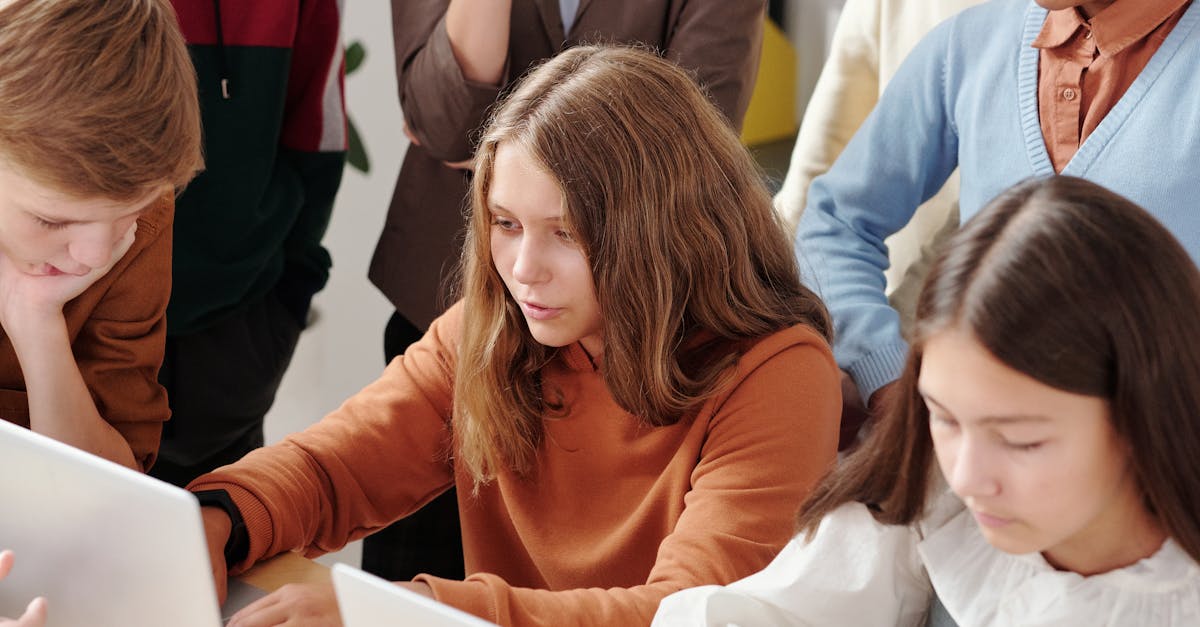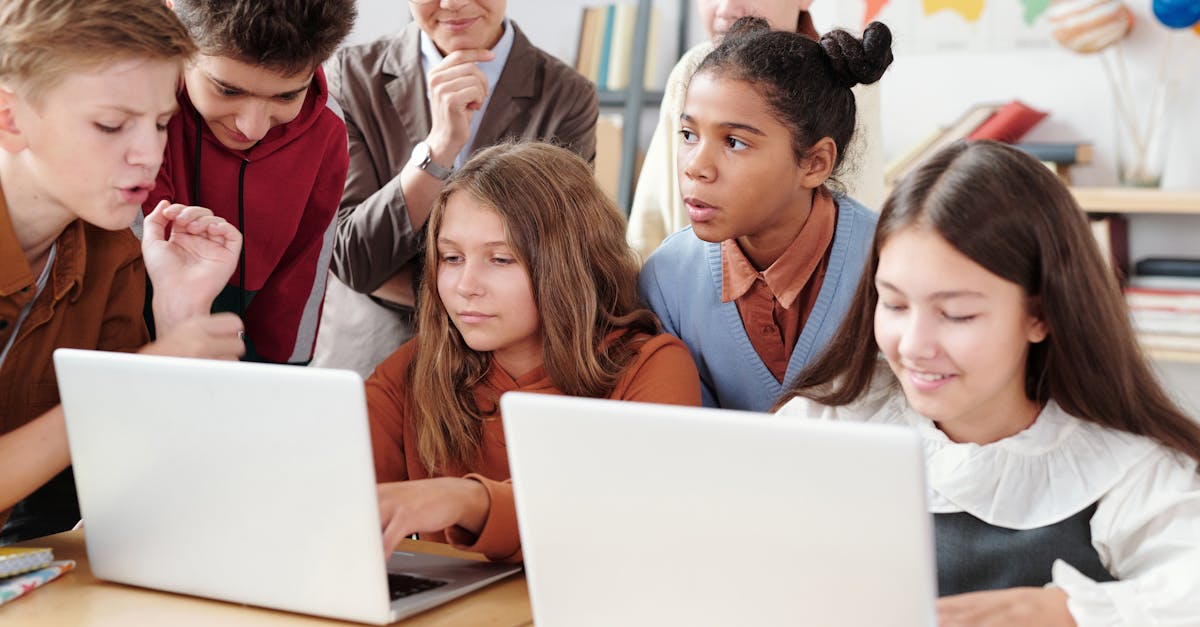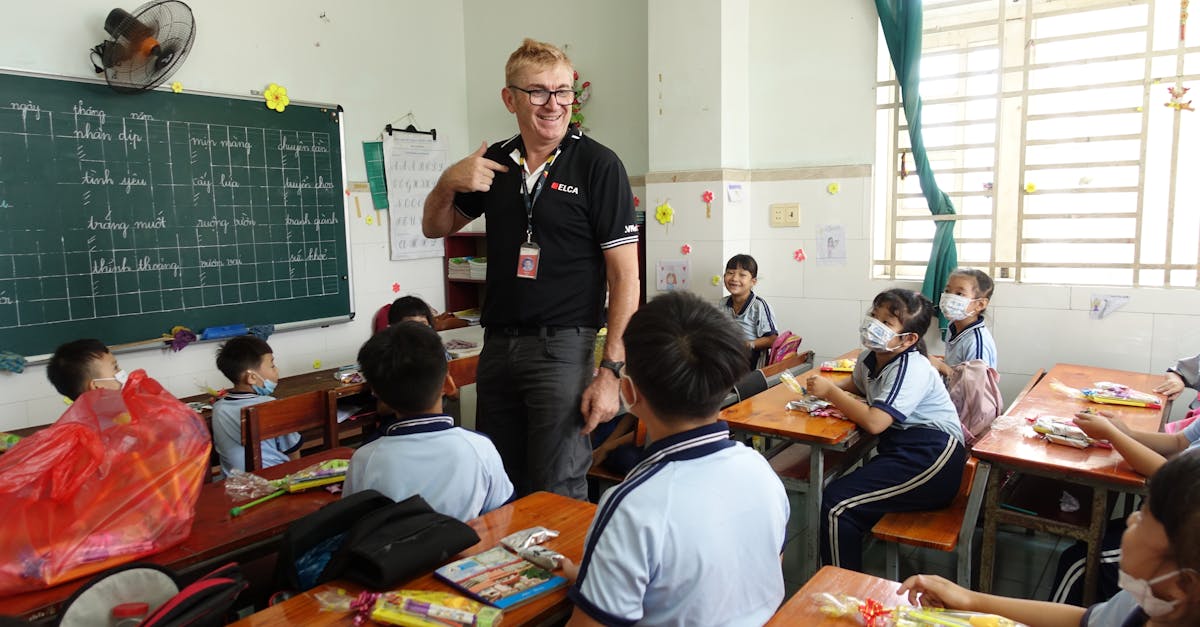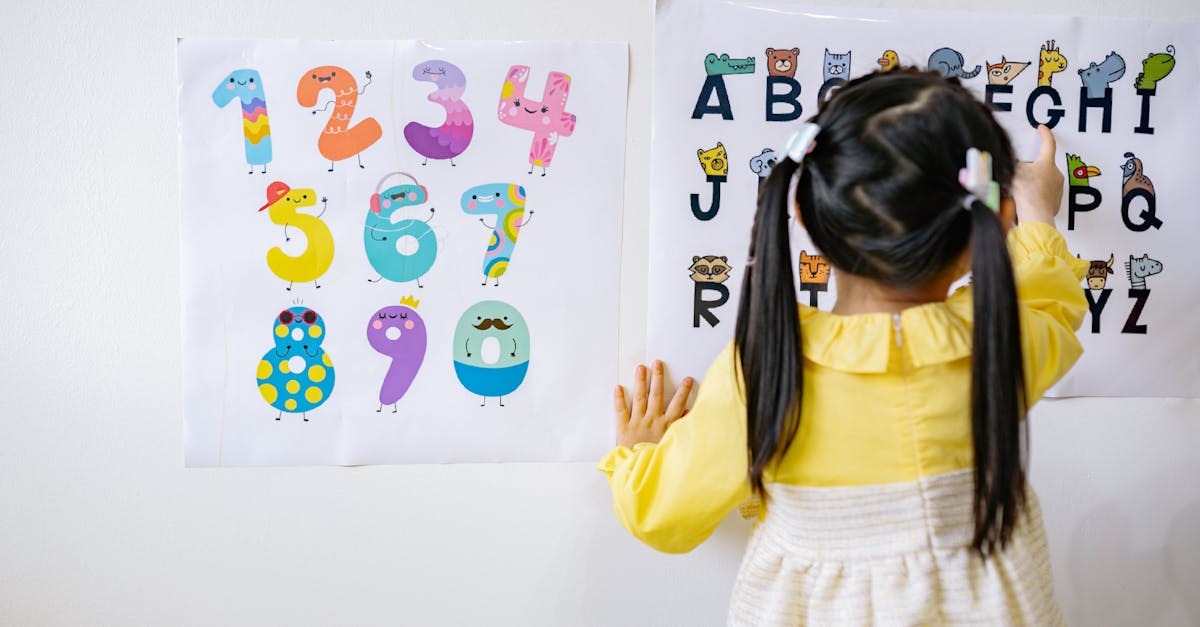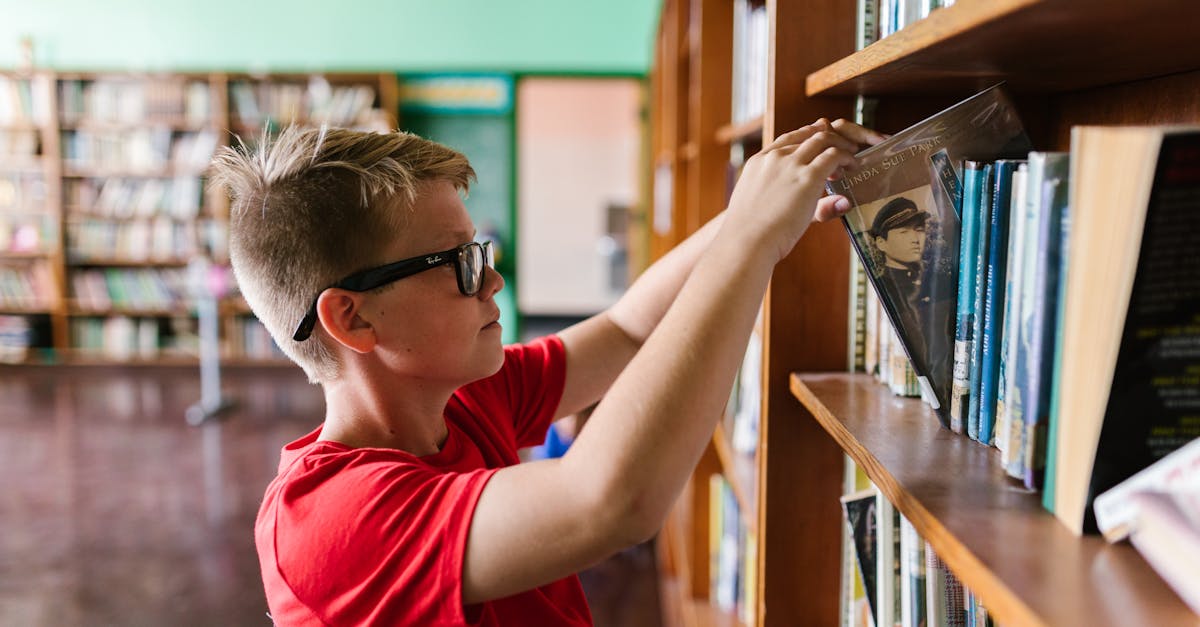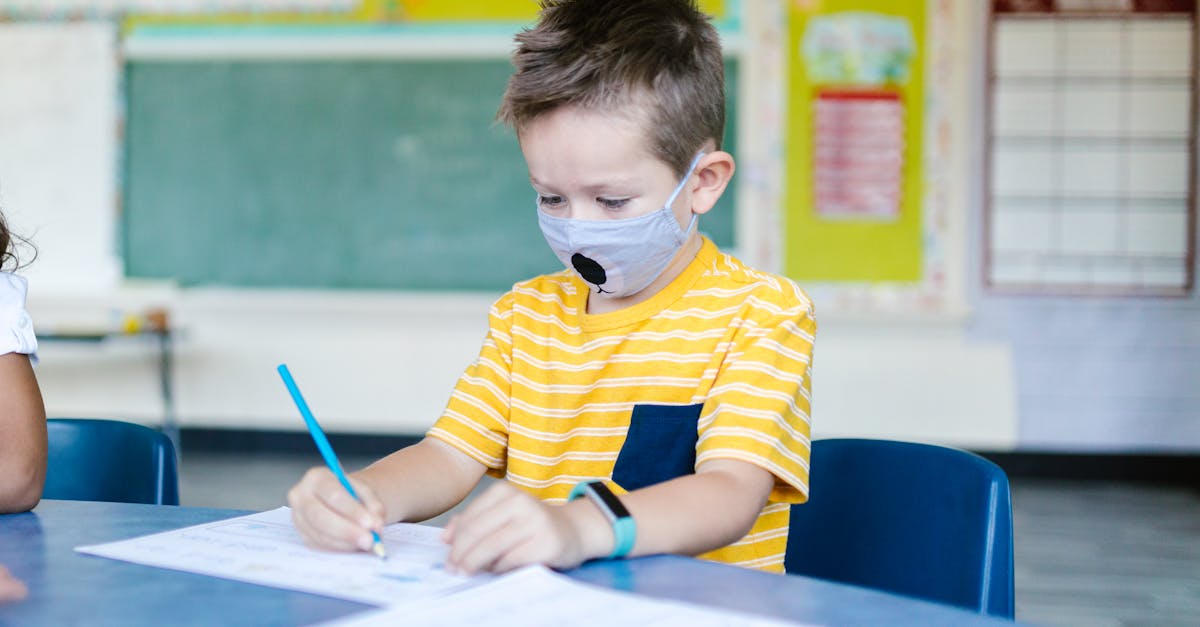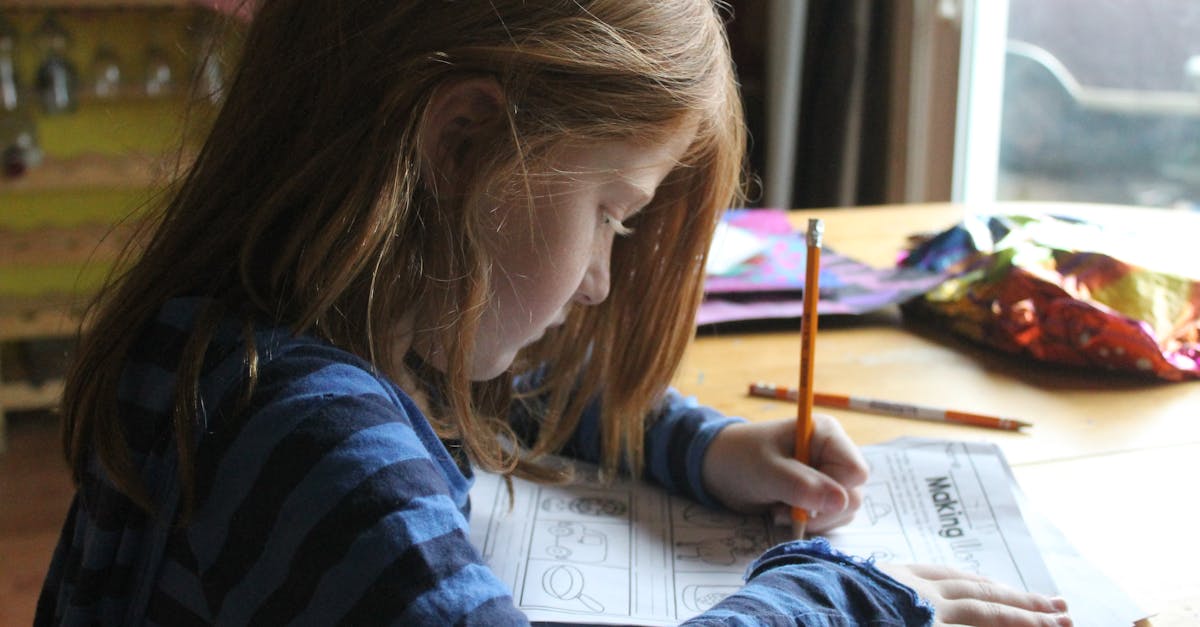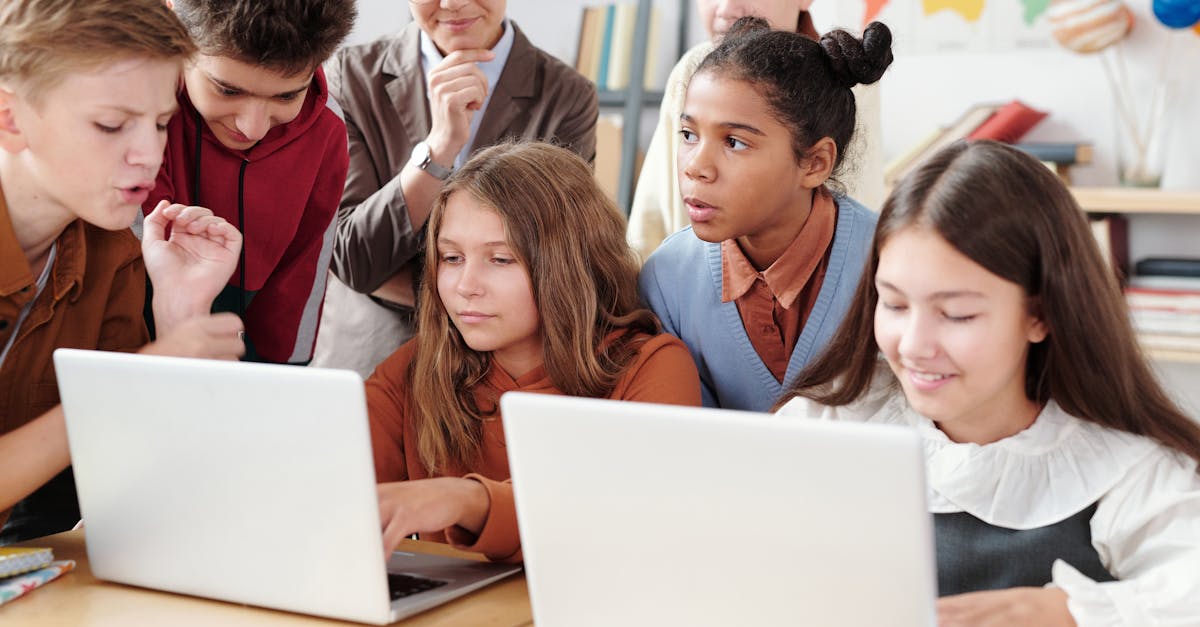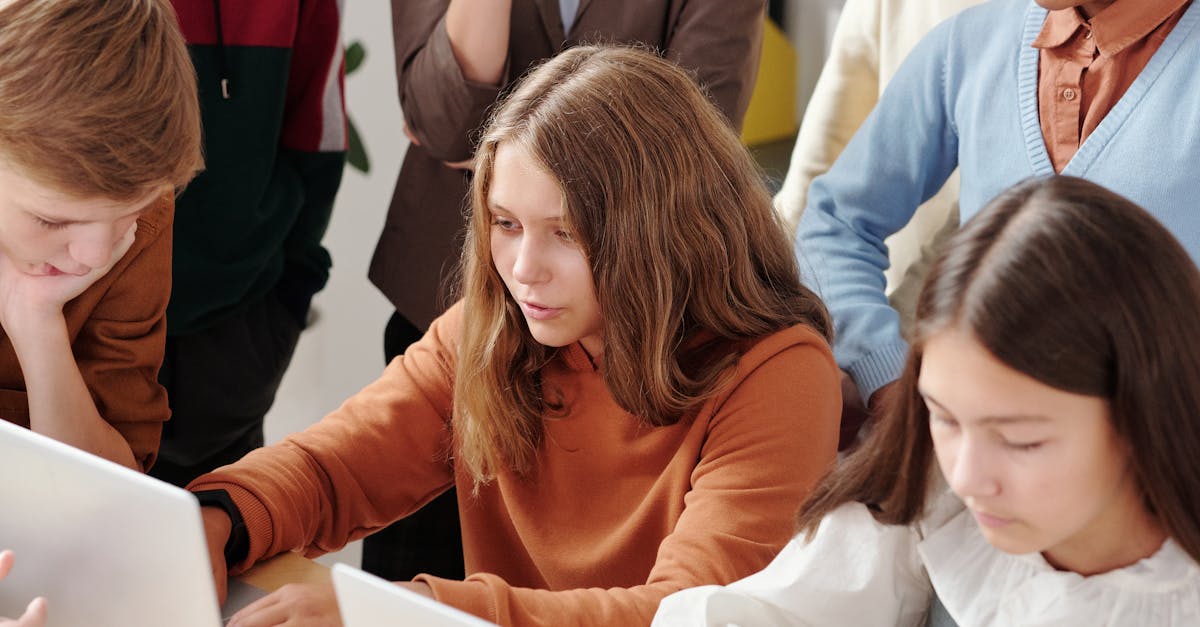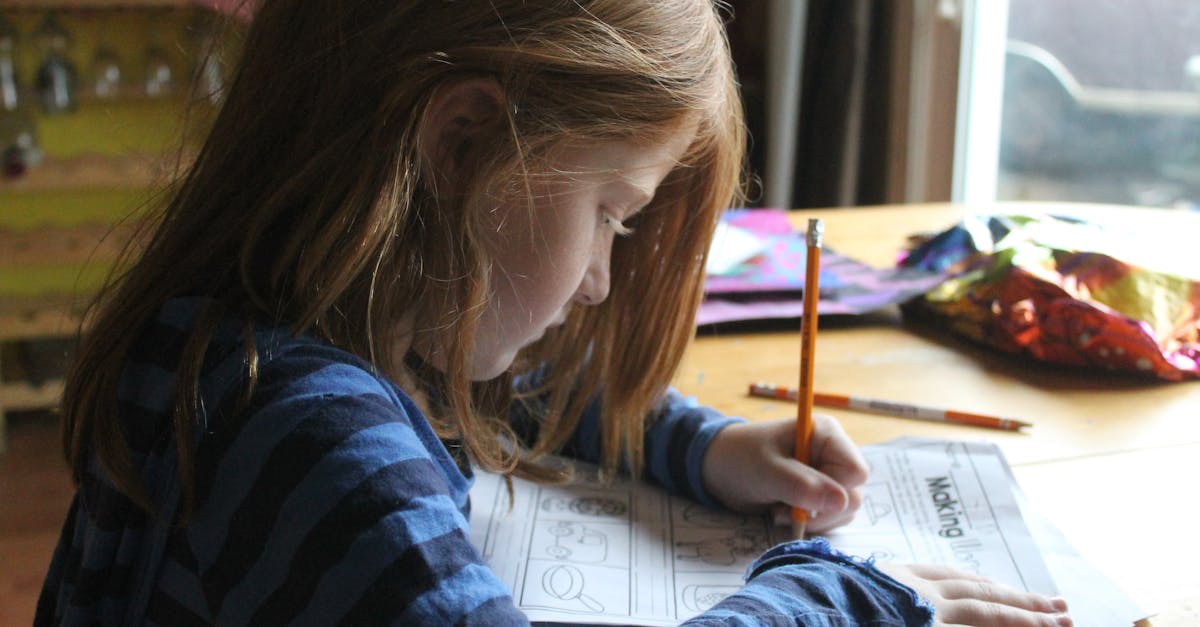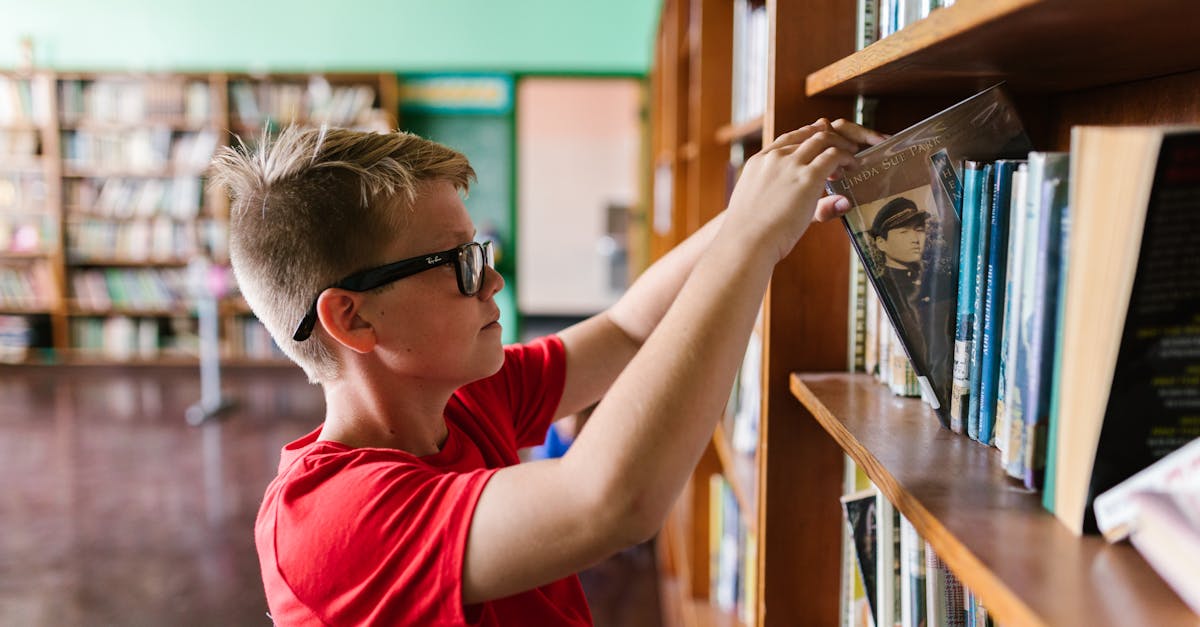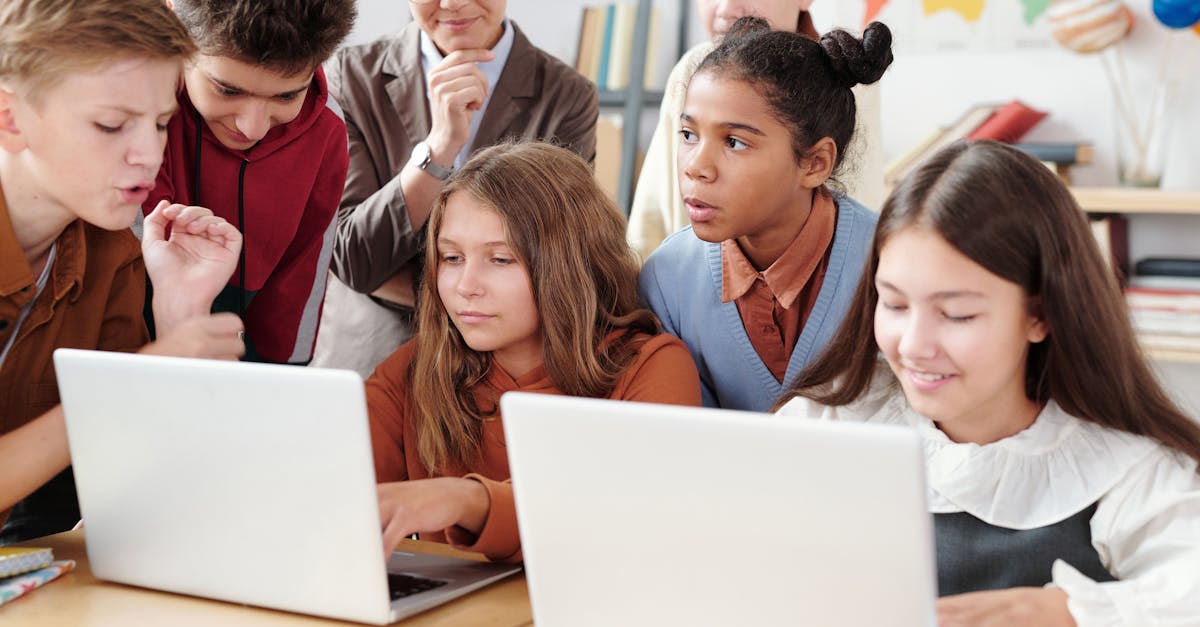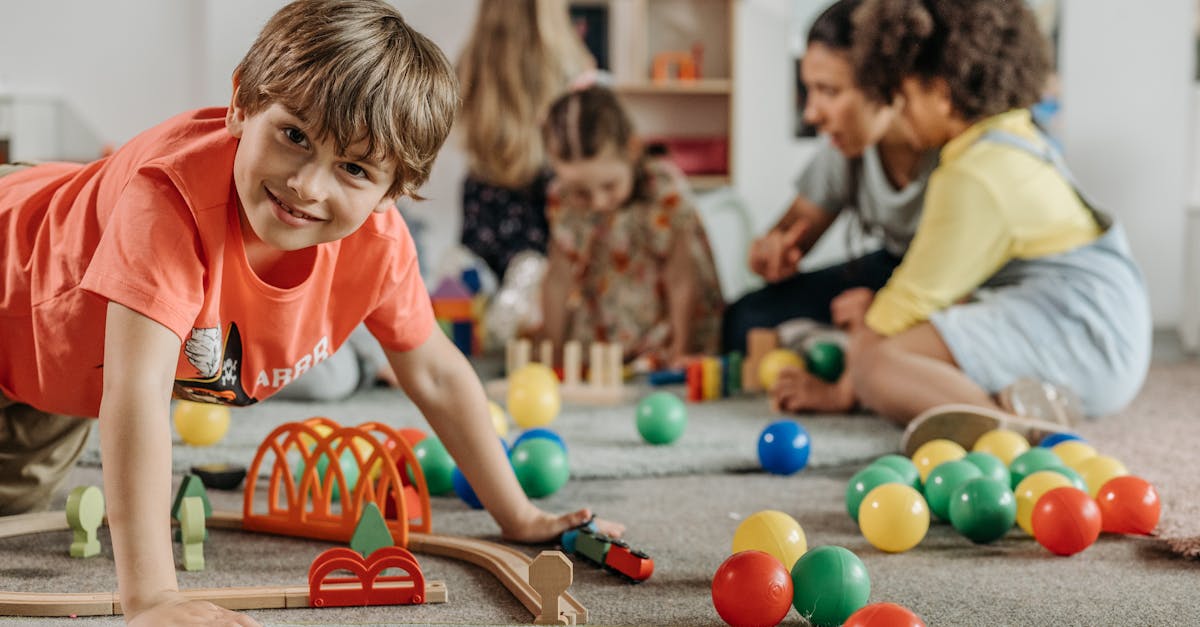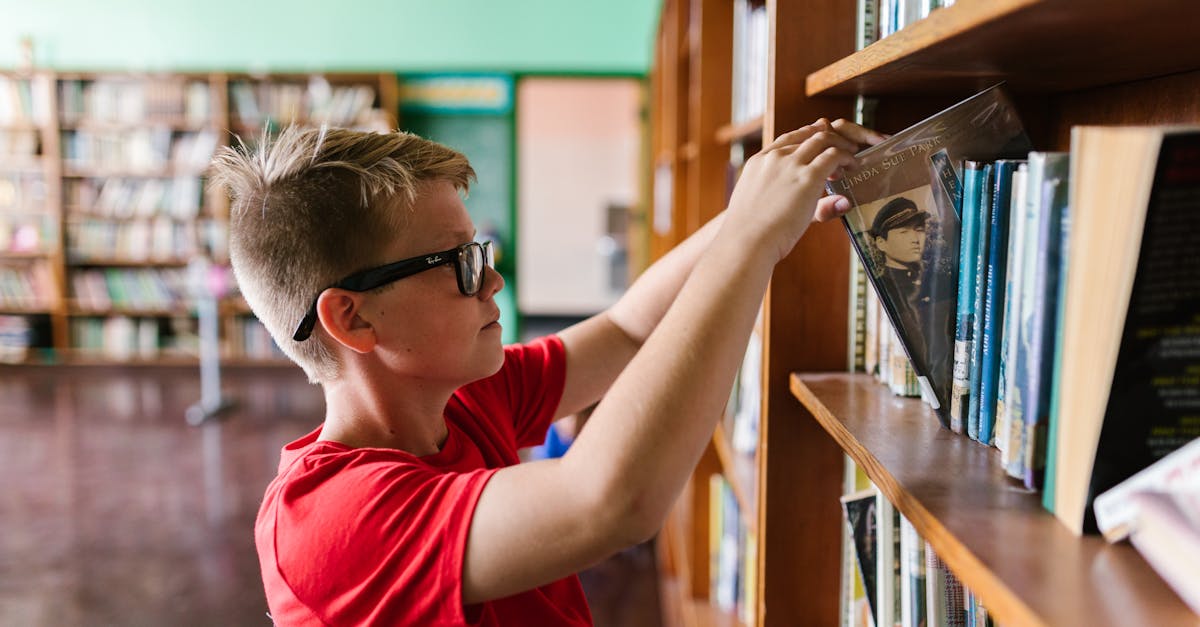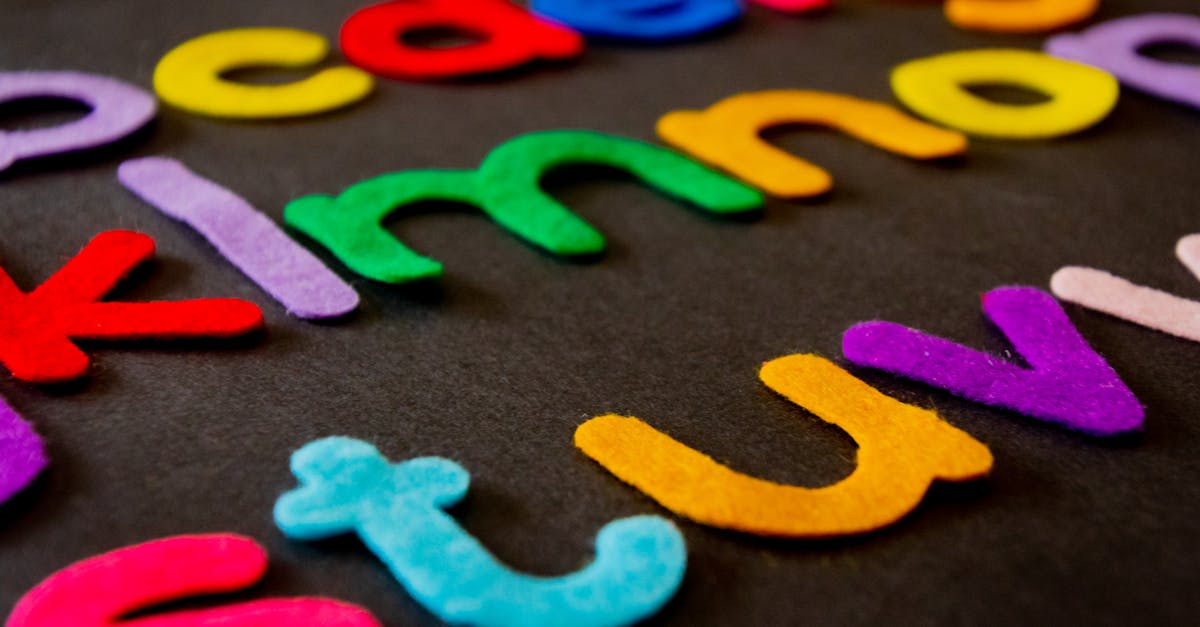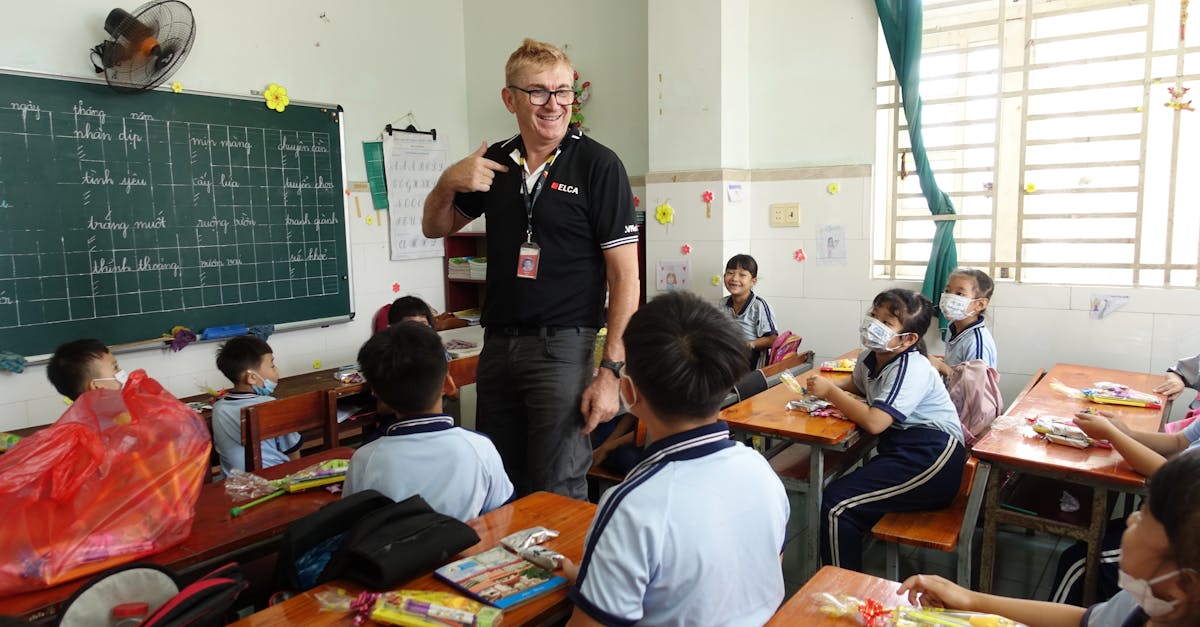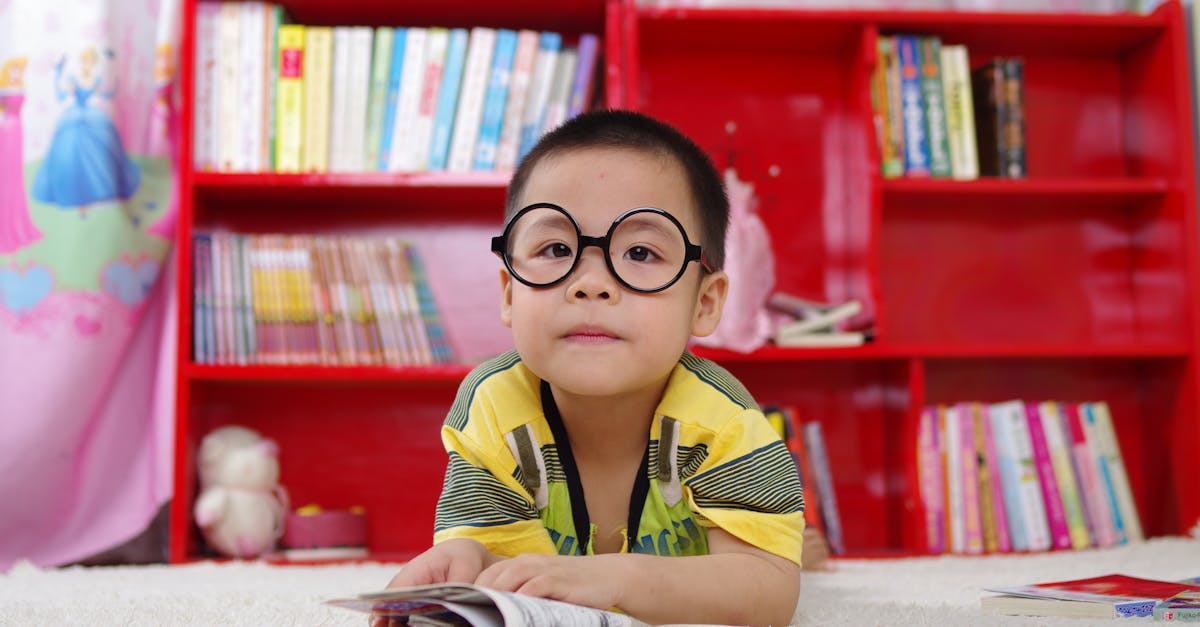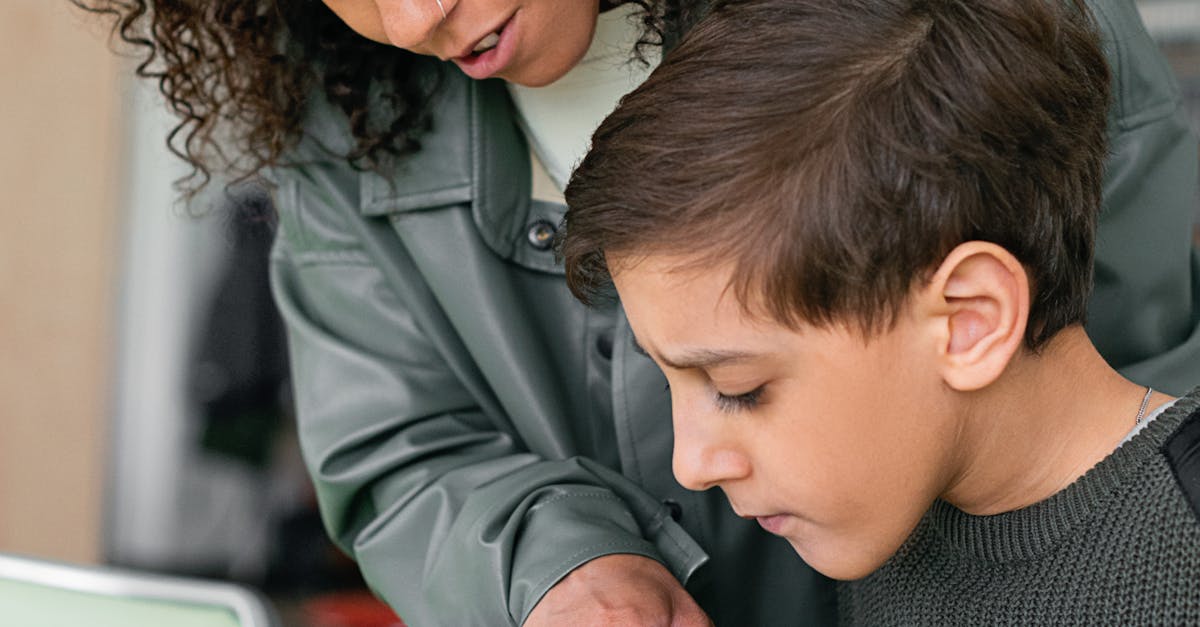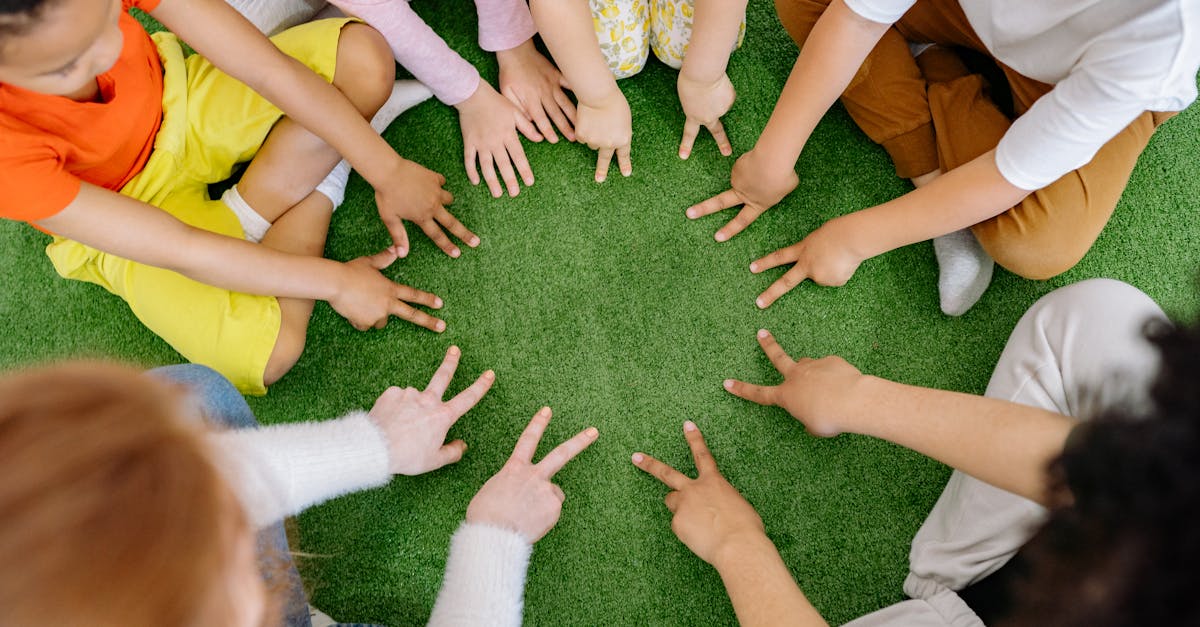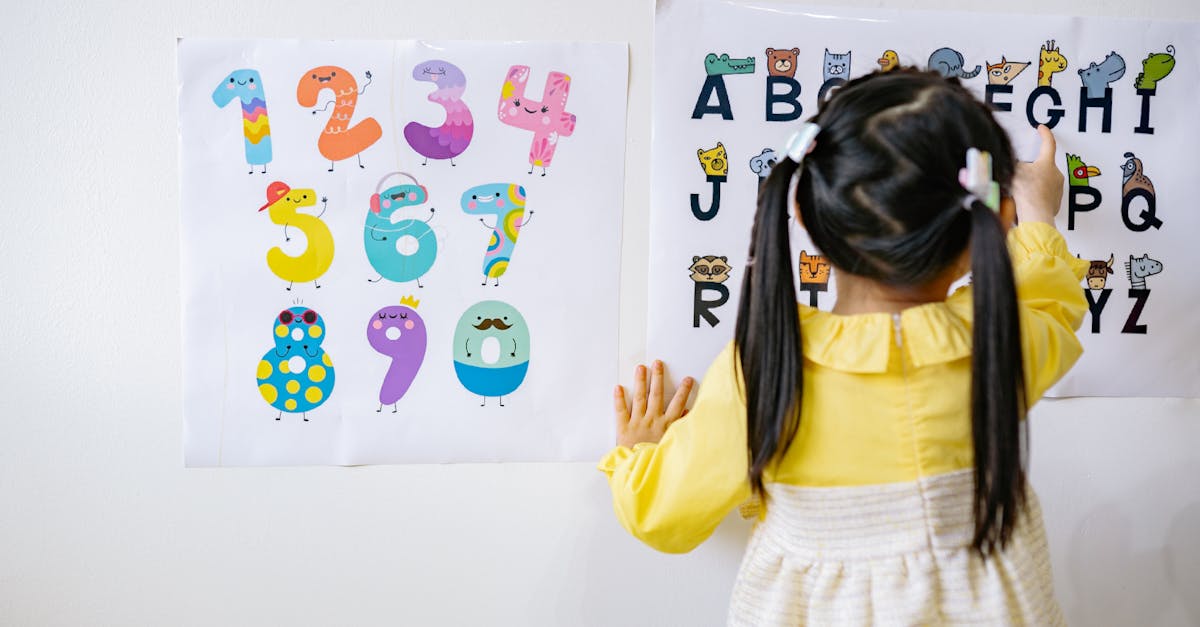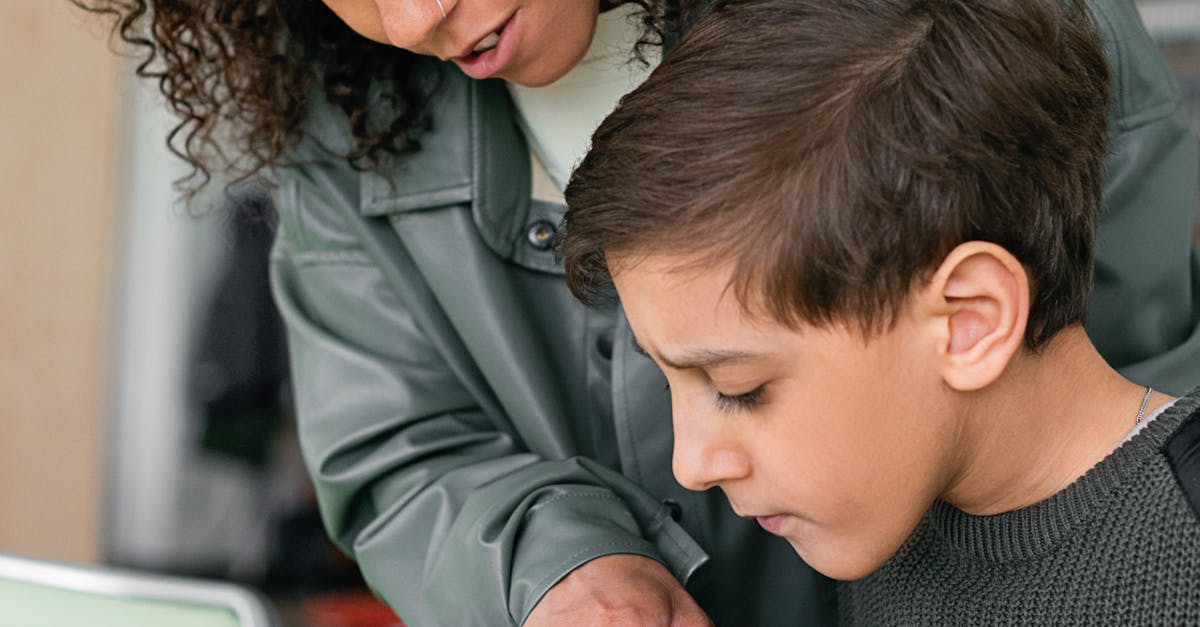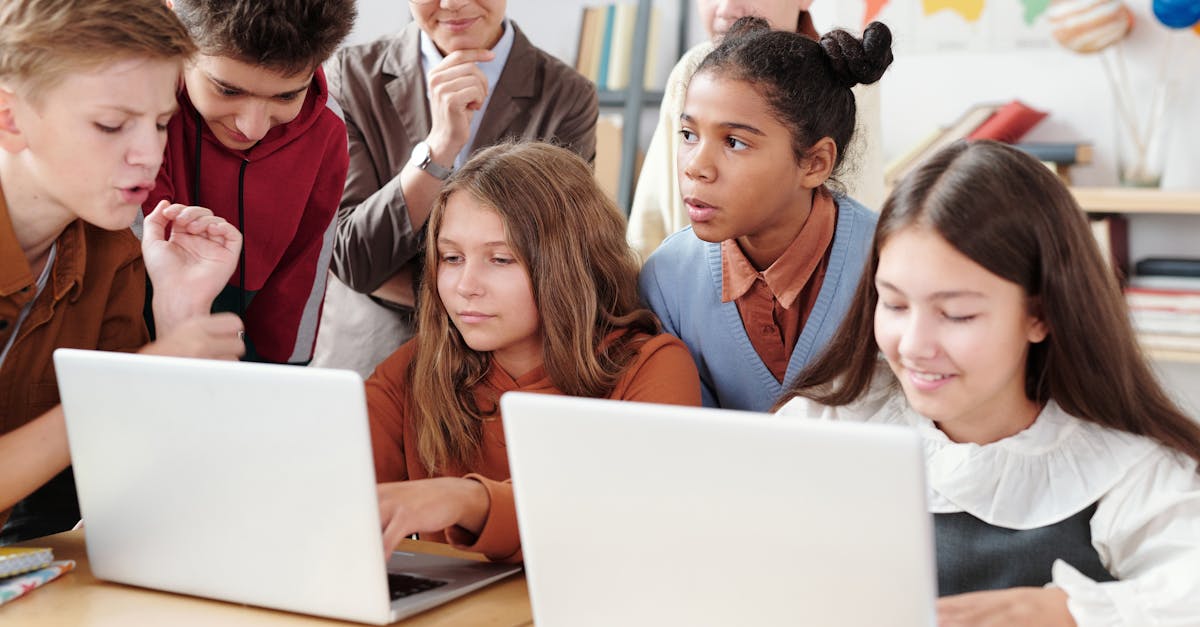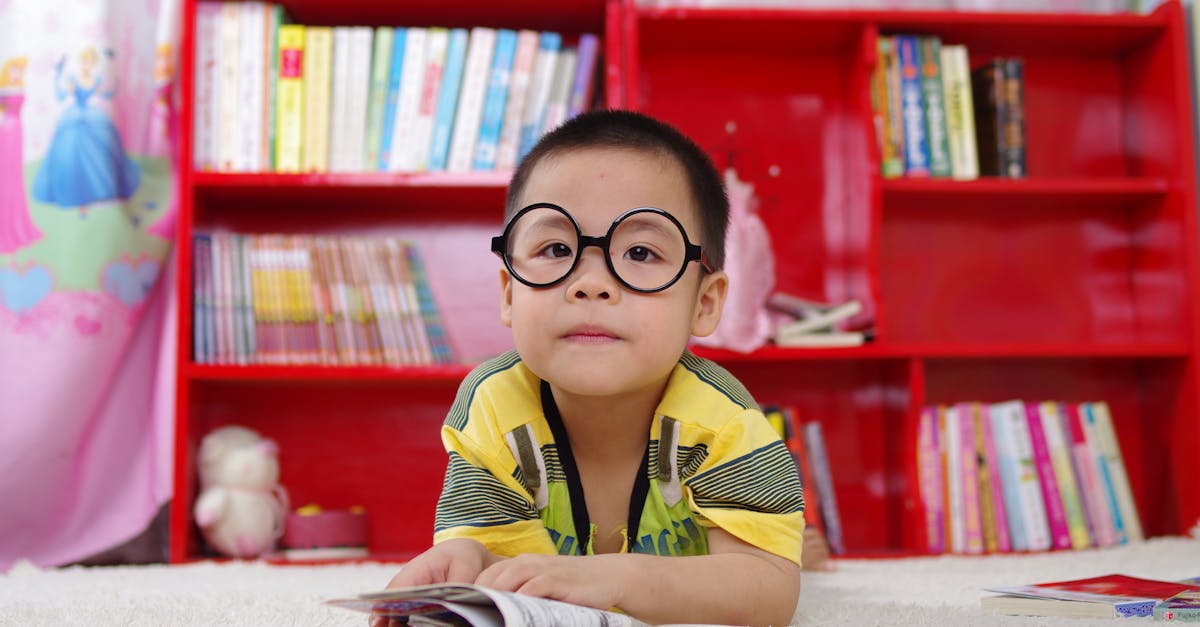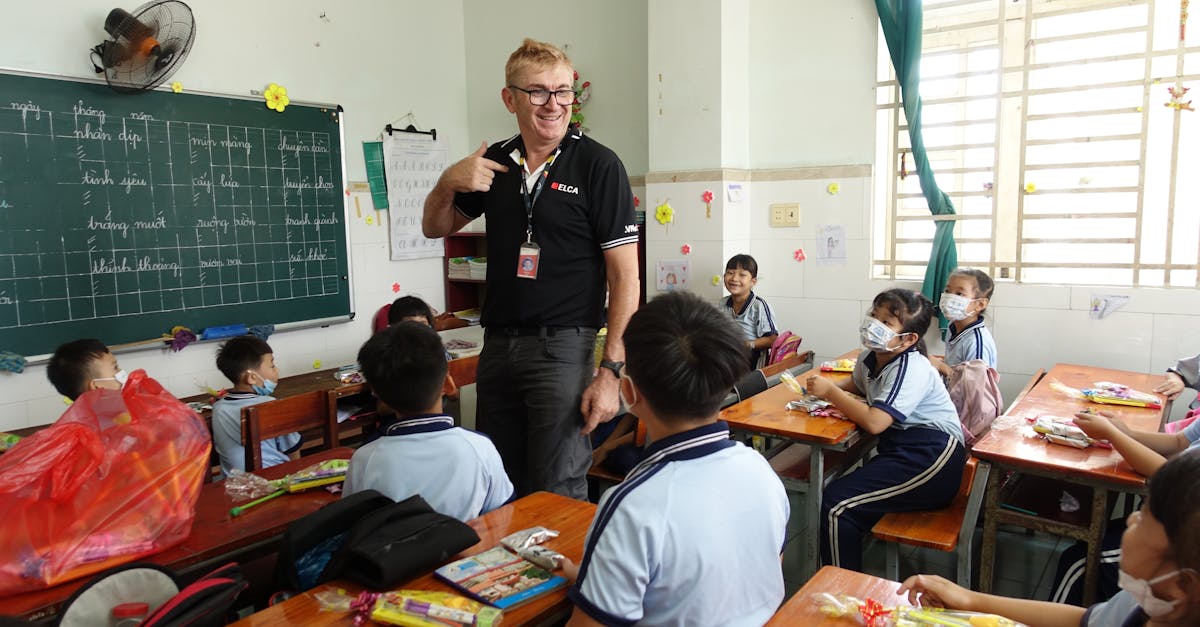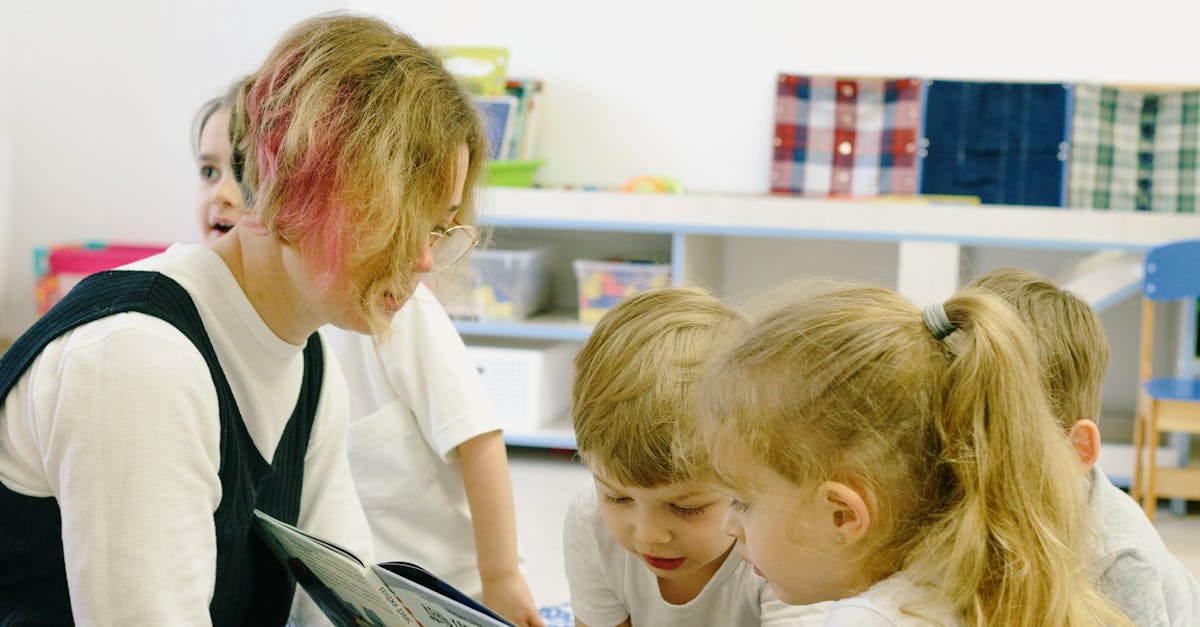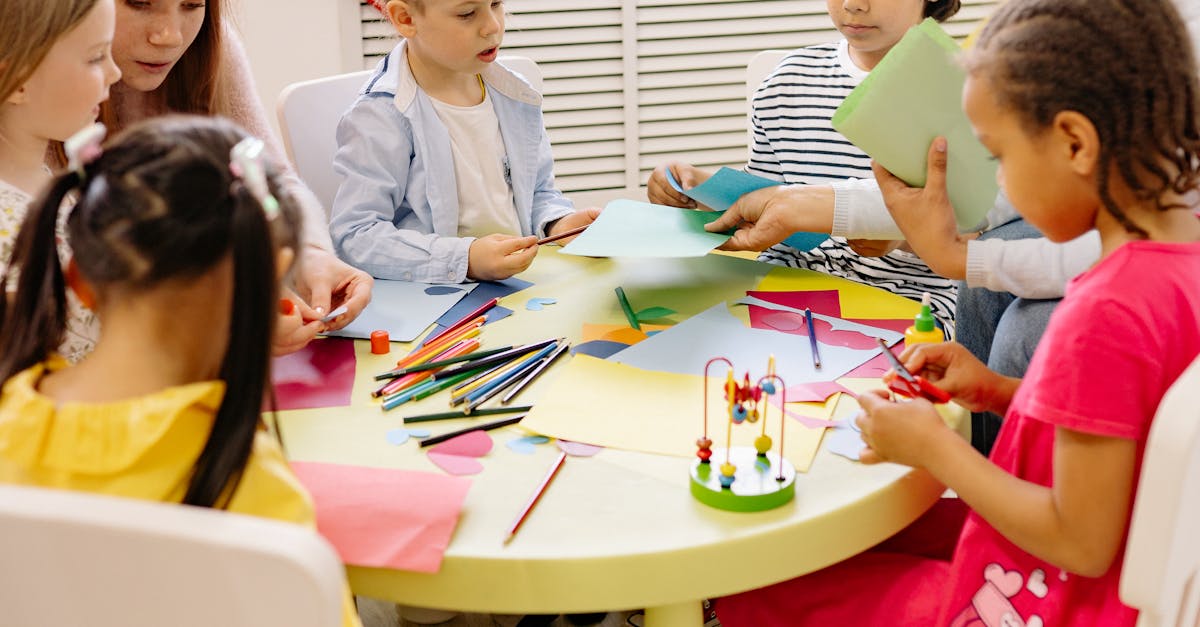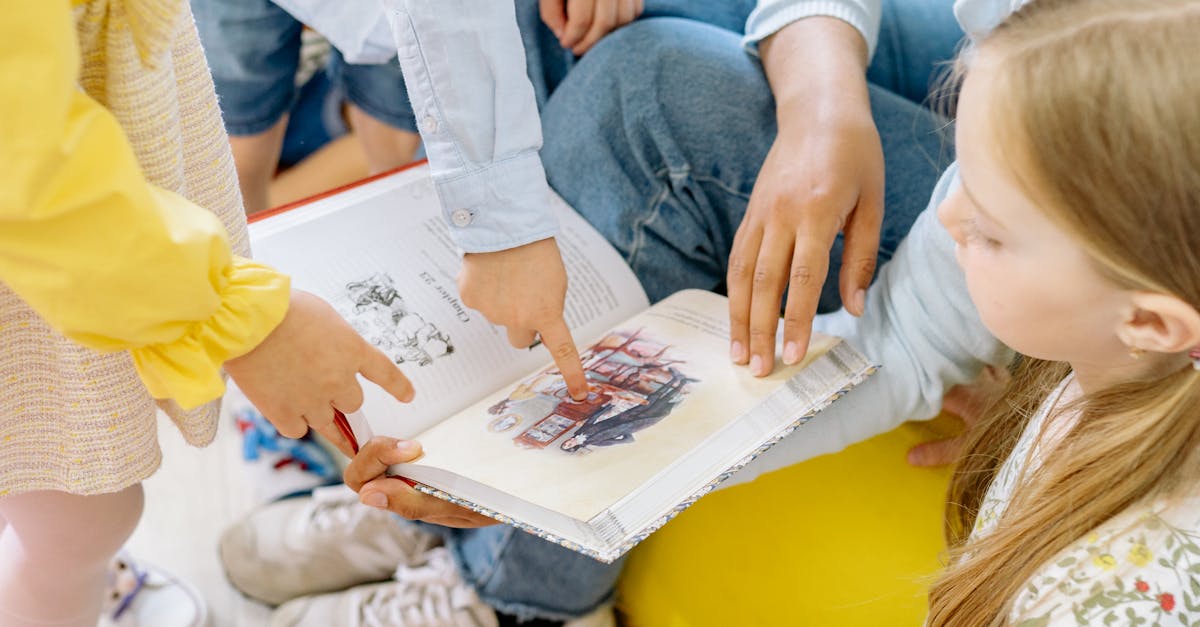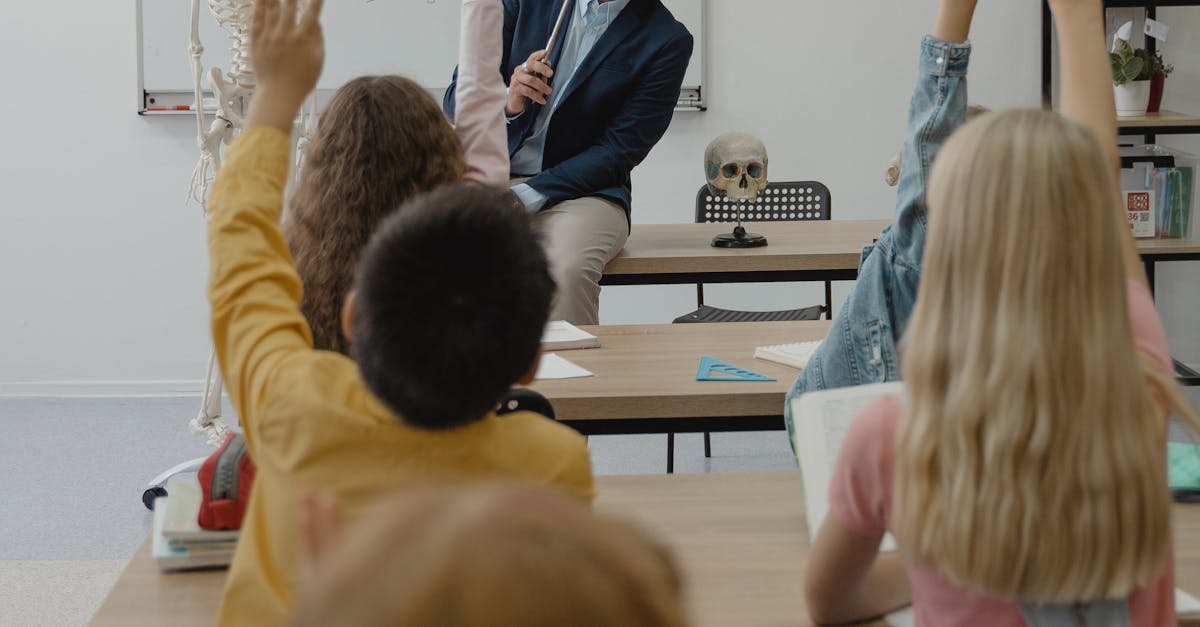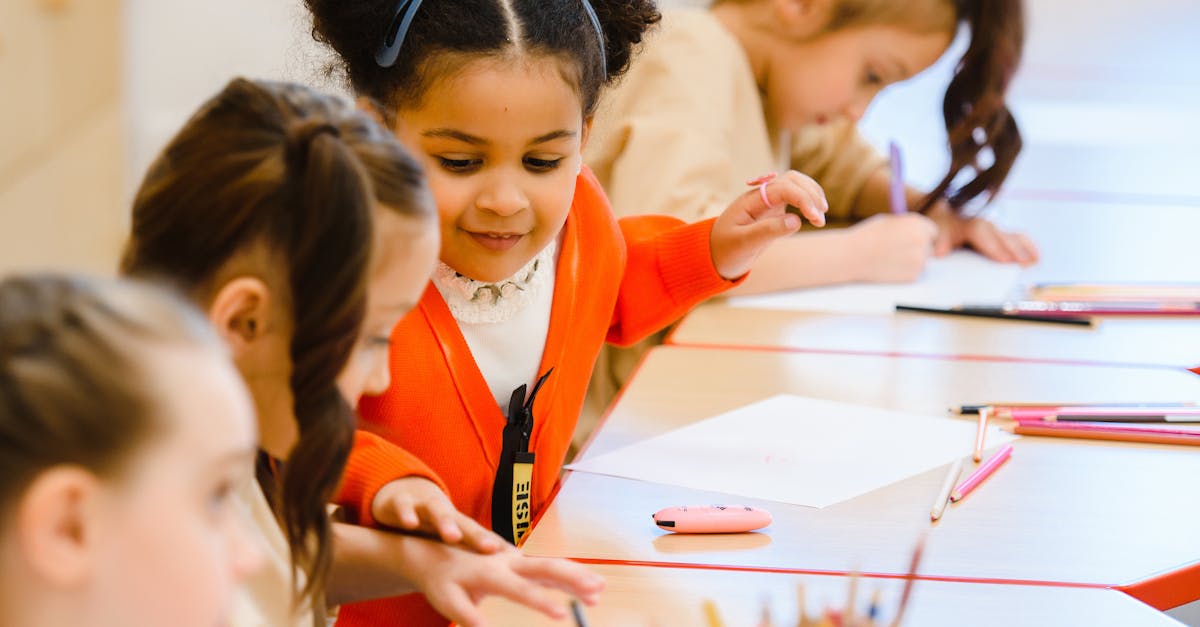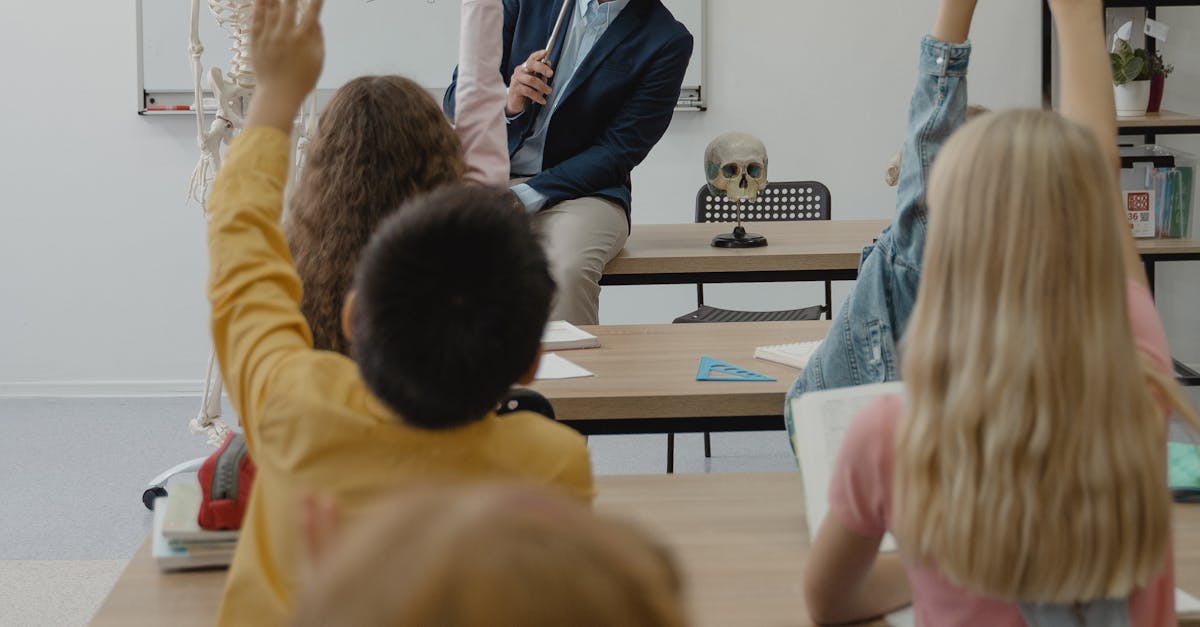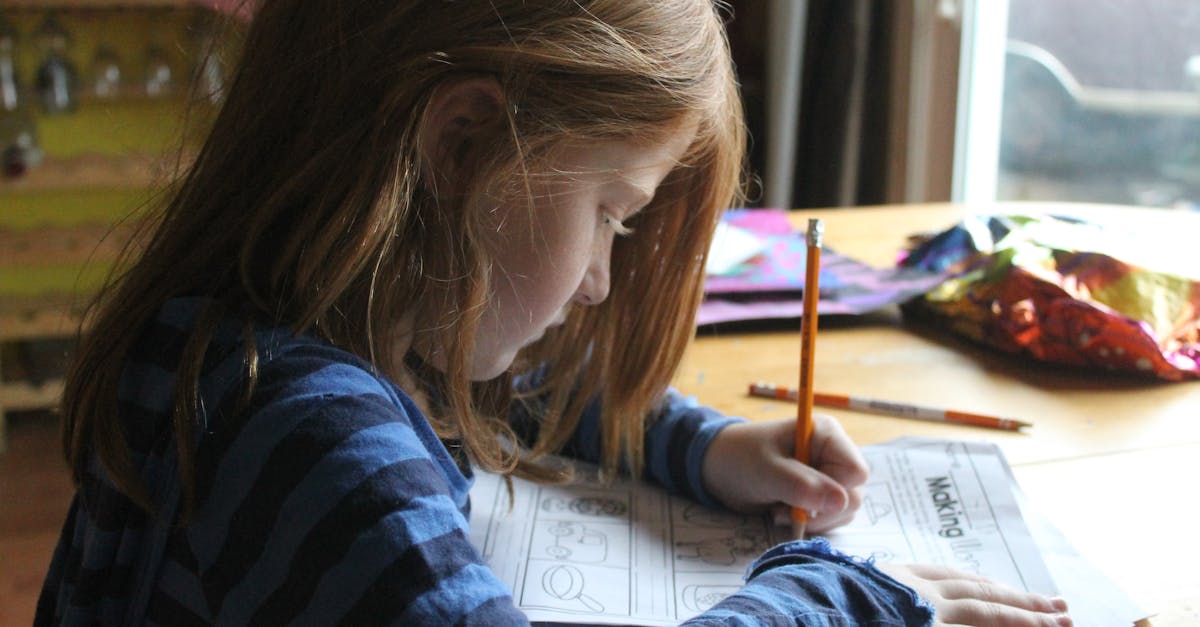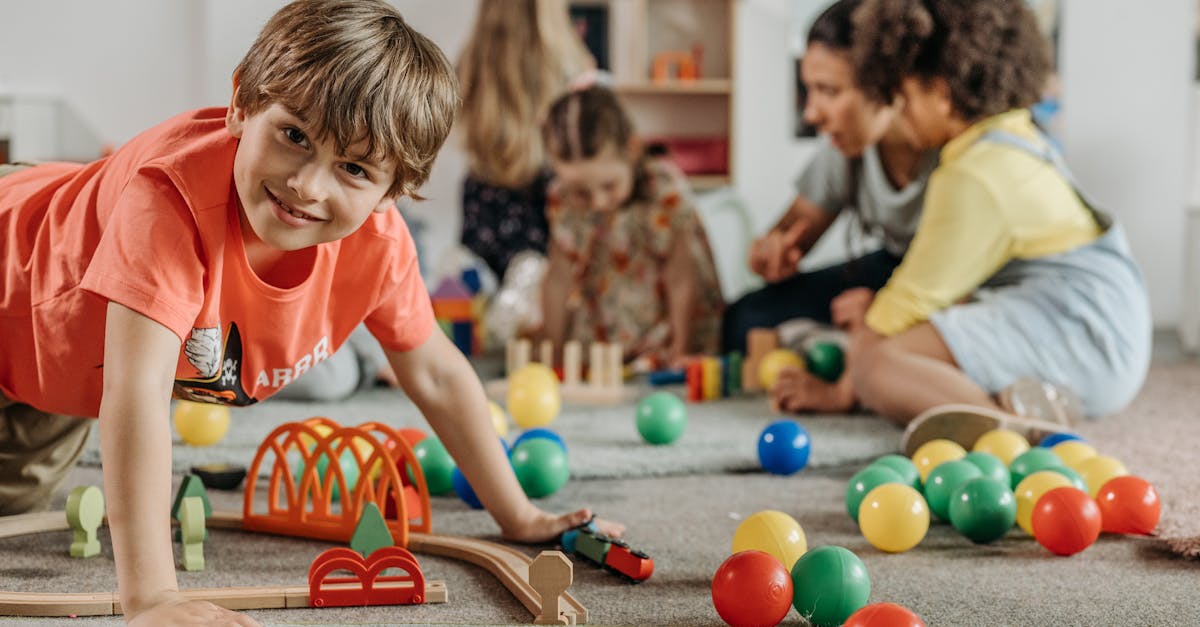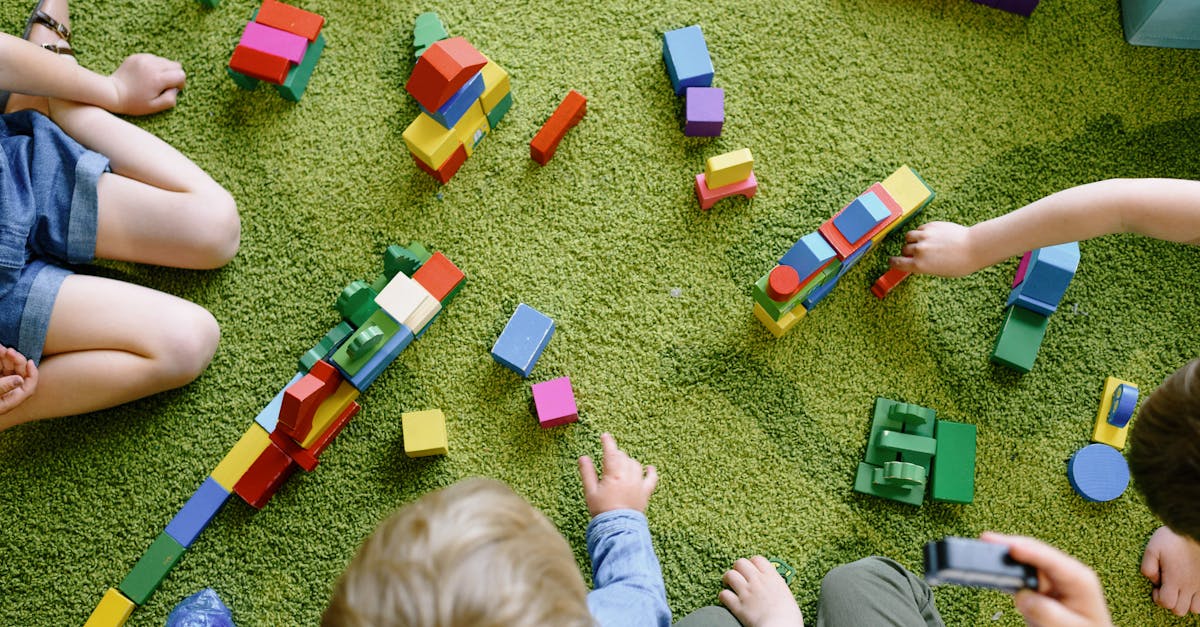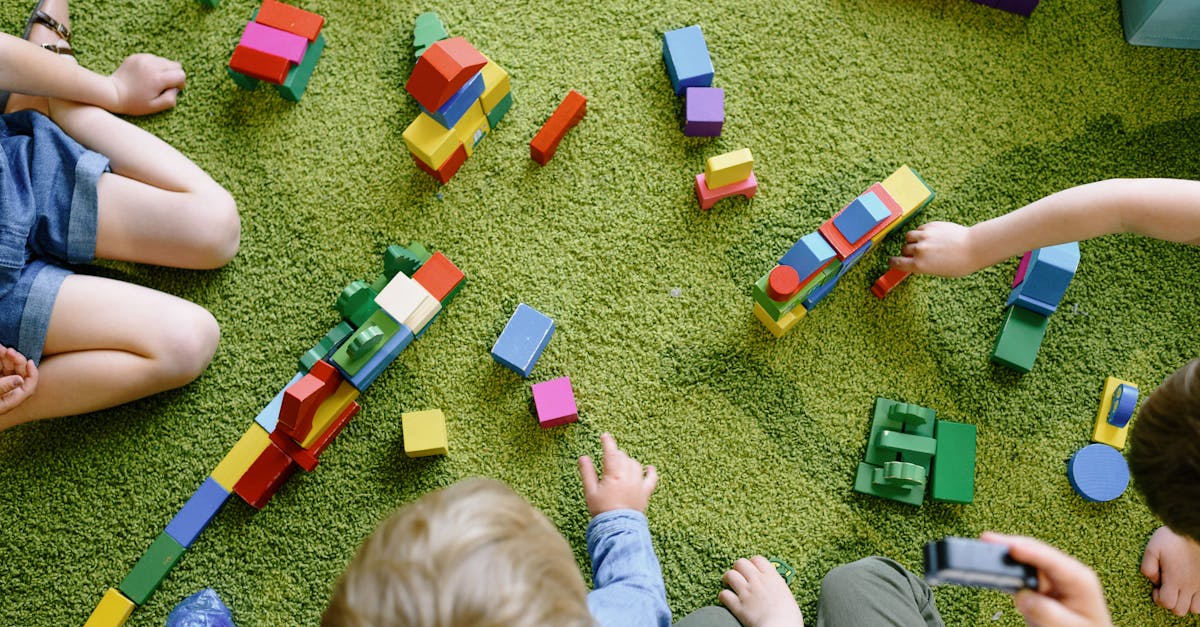Socio Emotional Learning
Socio Emotional Learning
Socio emotional learning encompasses a comprehensive approach that fosters emotional intelligence and emotional literacy among students. This educational framework focuses on enhancing emotional development, thereby promoting emotional health and well-being. By integrating social and emotional learning (SEL) into curricula, educators aim to equip students with the skills to manage emotions effectively, navigate social complexities, and reduce emotional stress. The principles of educational psychology underscore the importance of understanding emotions in the learning process, which aids in creating supportive environments conducive to both academic and personal growth. Ultimately, social emotional learning contributes significantly to the holistic development of learners, ensuring they are well-prepared to face various life challenges.
Definition of Social Emotional Learning
Socio emotional learning refers to a process through which individuals develop essential emotional and social skills. It encompasses the ability to understand and manage feelings, recognise social cues, and improve emotional self-regulation. This framework aims to equip learners with the tools needed to navigate emotional distress and foster emotional resilience. Educational psychologists advocate for the integration of socio emotional learning in learning environments, as it significantly influences learning outcomes and overall mental well-being.
Effective socio emotional learning programmes help students cultivate learned behaviours that promote healthy interactions. These initiatives focus on facilitating emotional regulation, enabling students to respond appropriately to various situations. By fostering an understanding of one's feelings and the emotions of others, schools can better prepare learners to face challenges. School psychology plays a vital role in implementing these strategies, ensuring that emotional learning becomes a fundamental aspect of educational practices.
Importance of Emotional Learning in Education
Socio-emotional learning plays a crucial role in education by fostering essential social skills and emotional awareness among students. A strong foundation in child psychology and adolescent psychology enables young learners to navigate social dynamics effectively. This form of learning encourages empathy and enhances social interaction, which are vital for building positive social relationships. By integrating socio-emotional principles into education, educators can help students develop effective coping mechanisms and emotional resilience.
The impact of socio-emotional learning extends beyond academics, influencing overall child development. Learning theories affirm that emotional intelligence is linked to positive psychology, improving both personal well-being and academic performance. Students equipped with strong socio-emotional skills are better prepared to handle challenges and facilitate constructive collaboration within their peer groups. This holistic approach to education not only nurtures individual growth but also fosters a harmonious learning environment.
Key Components of Social and Emotional Learning
Socio-emotional learning encompasses various competencies that are essential for learners to navigate their social contexts effectively. Developing strong emotional skills fosters positive social behaviour and enhances the learning process, significantly impacting educational attainment. Early learning experiences that incorporate socio-emotional learning help shape attitudes and coping skills essential for personal development. Cognitive modelling plays a crucial role in this framework, allowing educators to demonstrate appropriate responses to social situations. Addressing socio-economic factors is vital, as these can influence the accessibility and effectiveness of socio-emotional learning initiatives, ensuring that all learners benefit from a well-rounded educational experience.
Emotional Learning Competencies Overview
Socio emotional learning encompasses essential competencies that foster the understanding and management of emotions, facilitating healthier social interactions. Key components of emotional learning include self-awareness, self-management, social awareness, relationship skills, and responsible decision-making. By integrating these elements into educational frameworks, particularly within special education and health and economic education, educators ensure that students develop the socio-emotional skills vital for personal growth and social integration.
The implementation of emotional learning interventions is crucial for guiding students towards achieving social-emotional learning standards. Various emotional learning approaches provide frameworks for educators to support learners in cultivating resilience and empathy. Emotional learning brings significant benefits, as it empowers students to navigate challenges effectively and fosters a more inclusive environment that values diverse emotional experiences within the classroom.
The Role of Emotional Skills in Development
Emotional skills play a pivotal role in the overall development of children and adolescents. Through well-structured socio-emotional learning programmes, students can acquire essential social-emotional learning skills that are fundamental for their personal and academic growth. By engaging with emotional learning curricula, young individuals learn to manage their emotions, build resilience, and establish positive relationships with peers and adults. This emotional education is crucial for fostering a supportive learning environment, allowing students to thrive and achieve their emotional learning goals.
The integration of emotional learning competencies into the school framework significantly enhances socio-emotional development. A comprehensive social-emotional learning program not only addresses academic needs but also acknowledges the importance of emotional learning provision that nurtures personal well-being. By focusing on socio-emotional factors, educators can create a holistic educational atmosphere that values emotional growth alongside traditional learning. This balanced approach equips students with the necessary tools to navigate life's challenges, ultimately promoting long-term success and fulfilment.
Strategies for Implementing Emotional Learning
Implementing effective strategies for socio emotional learning requires a focus on developing core emotional skills among students. Providing opportunities for emotional understanding fosters social-emotional skills that are vital for healthy interactions and relationships. Integrating social and emotional learning (SEL) interventions into the classroom environment enhances emotional skills provision, which directly influences emotional development. Teachers can create activities that promote social-emotional literacy, allowing students to practice and refine their emotional skills in real-life scenarios. These approaches not only support emotional skill development but also significantly improve overall social-emotional functioning within educational settings, thereby contributing to a well-rounded learning experience.
Effective Emotional Learning Strategies in the Classroom
One effective approach in the classroom is to incorporate activities that address the social-emotional dimensions of learning. Educators can design lessons that include role-playing scenarios, enabling students to explore emotional challenges and practice emotional problem-solving. These activities help students understand their own emotional needs while also enhancing their emotional habits. An educational method that aims to foster social and emotional skills engages students actively, allowing them to develop emotional capabilities relevant to their daily lives. The emotional skills policy should support such methods, ensuring resources are available to promote emotional growth.
Another strategy involves integrating socio-emotional learning into existing curricula through interdisciplinary projects. By connecting academic content with emotional skills matter, teachers can create a holistic learning environment. For instance, literature classes can encourage discussions about characters’ emotional effects and motivations, fostering empathy among students. Such discussions can be informed by research like the emotional_learning_evidence_review.pdf, which highlights effective practices in enhancing emotional skills. This integration not only solidifies academic learning but also equips students to navigate life's complexities with resilience.
Integrating Socio Emotional Learning into Curricula
Incorporating socio emotional learning into the curriculum allows students to explore complex emotions in a structured environment. This integration empowers them to learn how to express emotions effectively and manage their own feelings. Through activities designed to enhance social awareness, students develop emotional stability, which plays a crucial role in their relationships education. Engaging in dialogue about feelings and experiences fosters an emotional climate where students feel safe to share and learn from one another.
A well-structured approach to socio emotional learning encourages students to reflect on their social experiences and the impact of their emotions on relationships. Teachers can facilitate discussions that help students identify and articulate their feelings, enhancing their ability to manage emotions in various situations. By embedding emotional learning throughout the curriculum, educators not only address the academic needs of students but also equip them with essential tools for navigating social interactions and building meaningful connections with peers.
Benefits of Social-Emotional Learning
Socio emotional learning plays a crucial role in fostering positive learning environments that enhance the overall learning impact for students. Grounded in educational theories and supported by educational research, this approach emphasises the development of essential emotional and social skills. By integrating empathy training, students learn to navigate various social situations, which strengthens their ability to demonstrate empathy and build meaningful social relationships. Furthermore, socio emotional learning serves as an effective educational method that creates supportive learning environments, enabling both personal growth and academic success. The insights gained from social research highlight the importance of nurturing these competencies to ensure holistic development in educational settings.
Impact on Student Behaviour and Relationships
Socio-emotional learning significantly influences student behaviour and relationships within educational settings. Effective learning environments foster not only academic growth but also the social development of learners. Through PSHE education and well-being education initiatives, students gain vital emotional skills that improve their interactions with peers and teachers. A focus on cultural awareness and mental well-being encourages learners to express their moods, leading to healthier relationships and enhanced communication in diverse classrooms.
The implementation of socio-emotional learning as a social development intervention prepares students for future challenges. By embedding equitable learning environments within educational practices, educators create spaces where professional learning can thrive. Learners equipped with socio-emotional skills are more adaptable to various lifestyles and challenges, promoting a positive classroom atmosphere. This comprehensive approach ultimately enhances overall engagement and nurtures supportive relationships among students, reinforcing the foundational principles of effective learning.
Long-term Advantages for Personal and Academic Success
Socio-emotional learning significantly contributes to enhancing educational outcomes, impacting students both academically and personally. Students exposed to effective socio-emotional learning programmes often display empathy and social competence, skills that are essential in navigating complex social landscapes. These competencies foster positive relationships with peers and educators alike, laying a foundation for better collaboration within the educational process. Embracing empathy in educational settings resonates beyond the classroom, influencing societal beliefs and supporting the notion of valuing emotional intelligence alongside cognitive aspects of learning.
The long-term advantages of socio-emotional learning extend into various life domains, including career success and personal well-being. In contexts where socio-economic levels vary, education systems that prioritise emotional learning can bridge gaps in economic education and overall societal engagement. A focus on cognitive behaviour theory within teaching methods creates an environment where students learn to manage emotions effectively. As these students progress, they are more likely to achieve positive educational outcomes, reflecting the importance of integrating emotional learning into the fabric of modern education.
Challenges in Socio Emotional Learning Initiatives
Implementing socio emotional learning in educational settings faces several obstacles that hinder its effectiveness. Many educators struggle to understand the relational aspects and cues necessary for fostering positive behaviours among students. The complexities of collective grief, particularly in today's climate, can impact mental well-being and motivation, making it challenging for teachers to engage students meaningfully. Research published in educational research journals highlights that without addressing these barriers, socio emotional learning initiatives may not achieve their intended educational success. Incorporating social action into the curriculum can be beneficial, but lacking institutional support often hampers progress. Understanding these challenges is crucial for educators aiming to enhance the emotional landscape of their classrooms.
Common Barriers to Effective Implementation
Barriers to effective implementation of socio emotional learning often stem from a lack of alignment among the school-family-community triad. Many education sectors struggle to integrate these critical elements seamlessly, leading to a fragmented approach. Without a cohesive framework that supports the development of non-cognitive skills, students may find it challenging to cultivate relationship skills within the classroom feel. The absence of collaboration can undermine efforts to enhance social competences, which are essential for students' overall growth and societal well-being.
Another significant hurdle is the varying levels of support from educational leadership. Many educators may lack proper training or resources specific to socio emotional learning, inhibiting their ability to foster a nurturing environment. In some instances, the prevailing school cultures may not prioritise emotional competencies, focusing instead on traditional academic performance. This gap can hinder effective education evaluation and further education initiatives, leaving students without vital tools for developing relationship skills and navigating their futures.
- Lack of collaboration among educators, families, and community stakeholders
- Insufficient training for teachers in socio-emotional learning strategies
- Limited financial resources allocated for socio-emotional programs
- Resistance to change within established school cultures
- Inconsistent prioritisation of emotional skills over academic achievements
- Absence of clear metrics to evaluate socio-emotional learning outcomes
- Difficulty in integrating socio-emotional learning with the existing curriculum
Strategies for Overcoming Challenges in Schools
Successful implementation of socio-emotional learning in K-12 education requires a thorough understanding of the unique challenges faced within diverse school environments. Educators can begin by fostering awareness of the social issues that affect their students, allowing them to create tailored experiences that promote human development. By integrating socio-emotional learning lessons with cognitive dimensions, teachers can encourage positive attitudes towards emotional skills and help students interact effectively. Early learning goals should be set to ensure that these principles are woven into the fabric of the educational experience.
Developing a robust social development program can also serve as a powerful strategy for overcoming challenges. Schools should focus on enhancing support systems that address social burdens impacting students' emotional well-being. Training sessions for educators can provide them with the tools to implement socio-emotional learning more effectively. This cooperation can lead to creating a more inclusive environment where every student can thrive, fostering resilience and empathy that contributes to their overall success.
The Role of Educators in Supporting Emotional Learning
Educators play a crucial role in fostering socio-emotional learning within the school environment. By addressing the social dimension of education, teachers can significantly influence students' relationships and help mitigate behavioural problems. This influence extends beyond the classroom, as educators can engage families to nurture a supportive atmosphere for emotional growth. In a landscape often marked by education wars, understanding the cognitive elements that underpin socio-emotional learning becomes essential for those pursuing educational careers. A strong sense of community within schools not only enhances student well-being but also contributes to their overall academic success.
- Educators should create a safe and inclusive classroom environment for all students.
- Implementing programmes that teach emotional regulation techniques can be beneficial.
- Regularly integrating social-emotional learning into the curriculum can help students develop essential life skills.
- Encouraging open communication between students and teachers fosters trust and understanding.
- Collaborating with families to reinforce emotional learning at home is vital for student success.
- Providing professional development for teachers on emotional learning strategies equips them to better support their students.
- Monitoring and assessing students' emotional well-being can help identify those who need additional support.
Conclusion
Socio emotional learning plays a crucial role in shaping individuals, particularly those from backgrounds of social disadvantage. The focus on structured lessons not only enhances students' ability to form positive self-concepts but also improves their relationships with classmates. Findings from various studies underscore the significance of socio emotional learning in academic settings, highlighting its impact on overall student well-being. During global education meetings, the importance of integrating emotional learning into curricula has been emphasised, showcasing how these lessons can foster a supportive environment for all students. As the educational landscape evolves, prioritising socio emotional learning is essential for nurturing compassionate and resilient individuals.
FAQS
How does implementing a socio-emotional learning curriculum impact the development of emotional skills and empathy training students?
Implementing a socio-emotional learning curriculum is crucial for emotional skills development as it focuses on understanding one's own emotions and managing feelings. This approach not only enhances social and emotional literacy but also promotes positive behaviours among students. It aligns with educational theories that emphasise personal, social, health and economic education, providing essential behavioural training to address common behavioural problems and encourage healthier lifestyle education.
What role does a social-emotional learning curriculum play in fostering positive behaviours and emotional capabilities in students?
A social-emotional learning curriculum is instrumental in teaching students about emotional aspects and enhancing their social-emotional literacy. It helps students develop learned behaviors that contribute to empathy training and address behavioral problems. By focusing on the emotional capabilities of students, this approach encourages positive behaviours and effective education/training methods that support socioemotional learning.
How does understanding the learning theory behind socio-emotional literacy enhance emotional capability and empathy training for students in their interactions with other things people?
Understanding the learning theory behind social–emotional literacy can significantly enhance emotional capability and empathy training for students. This knowledge allows educators to implement effective strategies that promote positive behaviors and improve students' interactions with others and their community, ultimately fostering a more empathetic and emotionally aware student body.
How can socio-emotional learning contribute to effective empathy training students for their interactions with other things people?
Socio-emotional learning plays a crucial role in enhancing empathy training students by providing them with the necessary emotional skills to understand and relate to other things people. By focusing on self-awareness, self-regulation, and social skills, students learn to navigate their emotions effectively, which enables them to form better connections and interactions with those around them.
How can socio-emotional learning frameworks support the emotional development and empathy of students in diverse educational settings?
Socio-emotional learning frameworks are vital in enhancing emotional development and fostering empathy among students in diverse educational settings. By integrating proven strategies and activities, these frameworks not only encourage self-awareness and emotional regulation but also promote the understanding of others’ feelings, leading to improved interpersonal interactions and collaboration among students.
- Home
- Top Reads
- The Role of Data Literacy in Evaluating Socio-Emotional Learning
- Utilising Big Data to Inform SEL Practices in Educational Settings
- Correlation Between SEL Assessments and Academic Performance: A Data Review
- Integrating Data Management Systems for Socio-Emotional Learning Analysis
- Trends in SEL Metrics: A Data-Driven Approach to Understanding Growth
- Visualising SEL Data: Techniques for Effective Communication of Findings
- Statistical Methods for Assessing SEL's Effectiveness in Schools
- Understanding Qualitative Data in Socio-Emotional Learning Research
- Leveraging Data Analytics to Enhance Socio-Emotional Learning Outcomes
- Evaluating the Impact of SEL Programmes Through Data Interpretation
- Challenges and Solutions in Peer Assessment for SEL
- The Impact of Peer Assessment on Social Skills Development
- Integrating Peer Assessment into SEL Curriculum
- Fostering Empathy through Peer Review Processes
- Evaluating Peer Assessment Techniques in Socio-Emotional Learning
- Training Students to Provide Constructive Peer Feedback
- Strategies for Implementing Peer Assessment in SEL Frameworks
- Collaborative Learning: Peer Assessment as a Tool for SEL Growth
- The Role of Peer Feedback in Developing Emotional Intelligence
- Enhancing Student Engagement through Peer Assessment in Socio-Emotional Learning
- Best Practices for Facilitating Self-Assessment in Socio-Emotional Learning
- The Impact of Self-Assessment on Student Engagement in SEL
- Promoting Metacognitive Awareness through Self-Assessment in SEL
- Implementing Journals as a Self-Assessment Tool for Emotional Growth
- Student-Centred Self-Assessment Strategies in SEL
- Creating Rubrics for Self-Assessment in Socio-Emotional Skills
- Evaluating Emotional Competence via Self-Assessment Techniques
- Designing Effective Self-Assessment Frameworks for SEL
- The Role of Reflection in Student Self-Assessment
- Enhancing Self-Awareness through Socio-Emotional Learning Tools
- Validity and Reliability in Summative Assessments of Socio-Emotional Learning
- Innovative Approaches to Summative Evaluation of Socio-Emotional Skills
- The Role of Portfolios in Summative Assessment of Socio-Emotional Learning
- Challenges in Measuring Socio-Emotional Learning in Summative Assessments
- Assessing Emotional Intelligence within Summative Frameworks
- Designing Effective Summative Assessments for Socio-Emotional Competencies
- Measuring Growth in Socio-Emotional Skills through Standardised Tests
- Aligning Summative Assessment Practices with Socio-Emotional Learning Objectives
- The Impact of End-of-Year Assessments on Socio-Emotional Learning
- Crafting Tailored Surveys for Evaluating SEL Progress
- Evaluating Socio-Emotional Outcomes: Key Indicators in Summative Assessments
- The Impact of Formative Assessment on Student Engagement in SEL
- Observational Methods for Assessing Student Emotions
- Integrating Peer Feedback into Socio-Emotional Learning Practices
- Implementing Self-Reflection Interviews in SEL Evaluation
- Developing Rubrics for Assessing Socio-Emotional Skills
- The Role of Reflective Feedback in Enhancing SEL Competencies
- Design and Implementation of SEL Checklists in Classrooms
- Utilizing Journals for Socio-Emotional Learning Assessment
- Techniques for Observing Behavioural Change in Formative Assessment
- Creating Online Support Networks for Student Wellbeing
- Strategies for Incorporating Webinars into SEL Professional Development
- The Role of Artificial Intelligence in Personalised SEL Initiatives
- Enhancing SEL through Interactive Digital Content
- Exploring Digital Storytelling as a Medium for SEL Development
- Implementing Gamification Strategies in SEL Activities
- Using Online Collaborative Tools to Foster SEL Skills
- Harnessing Social Media Platforms for Positive Student Engagement
- Leveraging Virtual Reality for Enhanced Socio-Emotional Learning Experiences
- Creating Safe Spaces for Students to Express Their Feelings
- Integrating Mobile Applications to Support SEL Goals
- Training Staff to Recognise and Address Emotional Needs
- The Impact of Positive Reinforcement on Student Well-Being
- Cultivating Empathy Through School-Wide Initiatives
- Encouraging Collaborative Learning to Strengthen Peer Relationships
- Designing Inclusive Spaces for Diverse Student Needs
- Strategies for Building Trust Between Students and Educators
- Implementing Peer Support Programs to Enhance School Climate
- The Role of Open Communication in Establishing a Supportive Learning Space
- Harnessing Local Businesses for SEL Support
- Fostering Emotional Resilience in School Environments
- Cultivating a Community-wide Approach to Socio-Emotional Learning
- Introducing SEL at Home: Tips for Parents
- The Role of Community Leaders in Promoting SEL
- Fostering Collaborative Relationships between Schools and Families
- Creating Parent Workshops to Enhance Socio-Emotional Skills
- Strategies for Effective Parent-Teacher Communication on SEL
- Engaging Families in Socio-Emotional Learning Initiatives
- Leveraging Peer Mentoring for Socio-Emotional Learning Professional Growth
- Building Community Partnerships to Support SEL
- Involving Community Resources in SEL Programme Development
- Evaluating the Impact of Professional Development on SEL Practices
- Creating a Culture of Support: Training Educators in SEL Strategies
- Integrating SEL into Educator Preparation Courses
- Collaborative Learning: Fostering SEL Skills Among Educators
- Engaging Educators: Effective Methods for SEL Professional Development
- Practical Workshops: Building Skills for Socio-Emotional Learning
- The Role of Continuous Professional Development in SEL Implementation
- Strategies for Enhancing Educator Competence in Socio-Emotional Learning
- Cultivating Emotional Intelligence in Teacher Training Programs
- Integrating SEL in Early Years Education
- Enhancing SEL through Real-World Problem Solving
- Creative Arts as a Medium for Socio-Emotional Development
- Developing SEL-Focused Extracurricular Initiatives
- Incorporating SEL into STEM Education
- Approaches to Integrating Mindfulness Practices into Curriculum
- Utilising Literature to Enhance Socio-Emotional Skills
- Collaborative Projects that Foster SEL in the Classroom
- Designing Cross-Disciplinary Activities for Socio-Emotional Learning
- Strategies for Embedding SEL in Subject-Specific Lesson Plans
- Encouraging Inclusivity: Educators as Champions for Diversity
- Approaches for Educators to Model Effective Conflict Resolution
- The Significance of Teacher Awareness in Socio-Emotional Learning
- Professional Practices for Promoting Positive Attitudes Among Students
- The Impact of Teacher-Student Relationships on Socio-Emotional Development
- Empowering Educators to Cultivate Empathy in Learners
- Building Trust in the Classroom: The Educator's Influence
- Nurturing Resilience in Students: A Teacher's Guide
- Strategies for Educators to Enhance Student Social Skills
- Integrating SEL Principles to Reduce Bullying in Schools
- The Essential Role of Teachers in Fostering Emotional Intelligence
- The Benefits of SEL on Student Retention Rates
- Promoting Social Skills for a Collaborative Learning Environment
- The Connection Between Socio-Emotional Learning and Mental Health
- Building Resilience in Learners through Socio-Emotional Learning
- Fostering Empathy and Respect in Educational Settings
- The Role of Emotional Intelligence in Students’ Academic Success
- Socio-Emotional Learning as a Catalyst for Positive Behaviour
- Enhancing Academic Outcomes through Socio-Emotional Competence
- The Impact of Socio-Emotional Learning on Student Engagement
- The Importance of Goal-Setting in Socio-Emotional Learning
- Exploring the Connection Between SEL and Mental Health
- Strategies for Enhancing Communication Skills in SEL
- The Relationship Between SEL Competencies and Academic Achievement
- The Impact of Self-Regulation on Student Success
- Integrating Decision-Making Skills into SEL Frameworks
- Cultivating Empathy as a Key Component of SEL
- Social Skills Development as a Fundamental Competency
- The Role of Emotional Awareness in Building Resilience
- The Relevance of Positive Psychology in Fostering Resilience through SEL
- Understanding the Five Core Competencies of Socio-Emotional Learning
- The Connection Between Neuropsychology and SEL Competencies
- Humanistic Approaches to Socio-Emotional Development in Education
- The Impact of Cognitive Behavioural Theory on Emotional Regulation
- Ecological Systems Theory as a Basis for SEL Implementation
- Understanding the Social Learning Theory within SEL Practices
- Attachment Theory: Its Significance in Building Socio-Emotional Skills
- Constructivist Theories and Their Application in Socio-Emotional Learning
- The Influence of Developmental Psychology on SEL Frameworks
- Exploring the Role of Emotional Intelligence in Socio-Emotional Learning
- The Shift from Behaviourism to Socio-Emotional Approaches
- A Historical Overview of SEL in Diverse Cultural Contexts
- The Impact of Legislative Changes on SEL Implementation
- The Role of Social Movements in Shaping SEL Frameworks
- Early Educational Practices Influencing Socio-Emotional Learning
- Historical Perspectives on Emotional Intelligence and Education
- Key Milestones in the History of Socio-Emotional Learning
- The Influence of Developmental Theories on Socio-Emotional Learning
- Pioneers of Socio-Emotional Learning in Educational Psychology
- The Evolution of Socio-Emotional Learning Through the Decades

